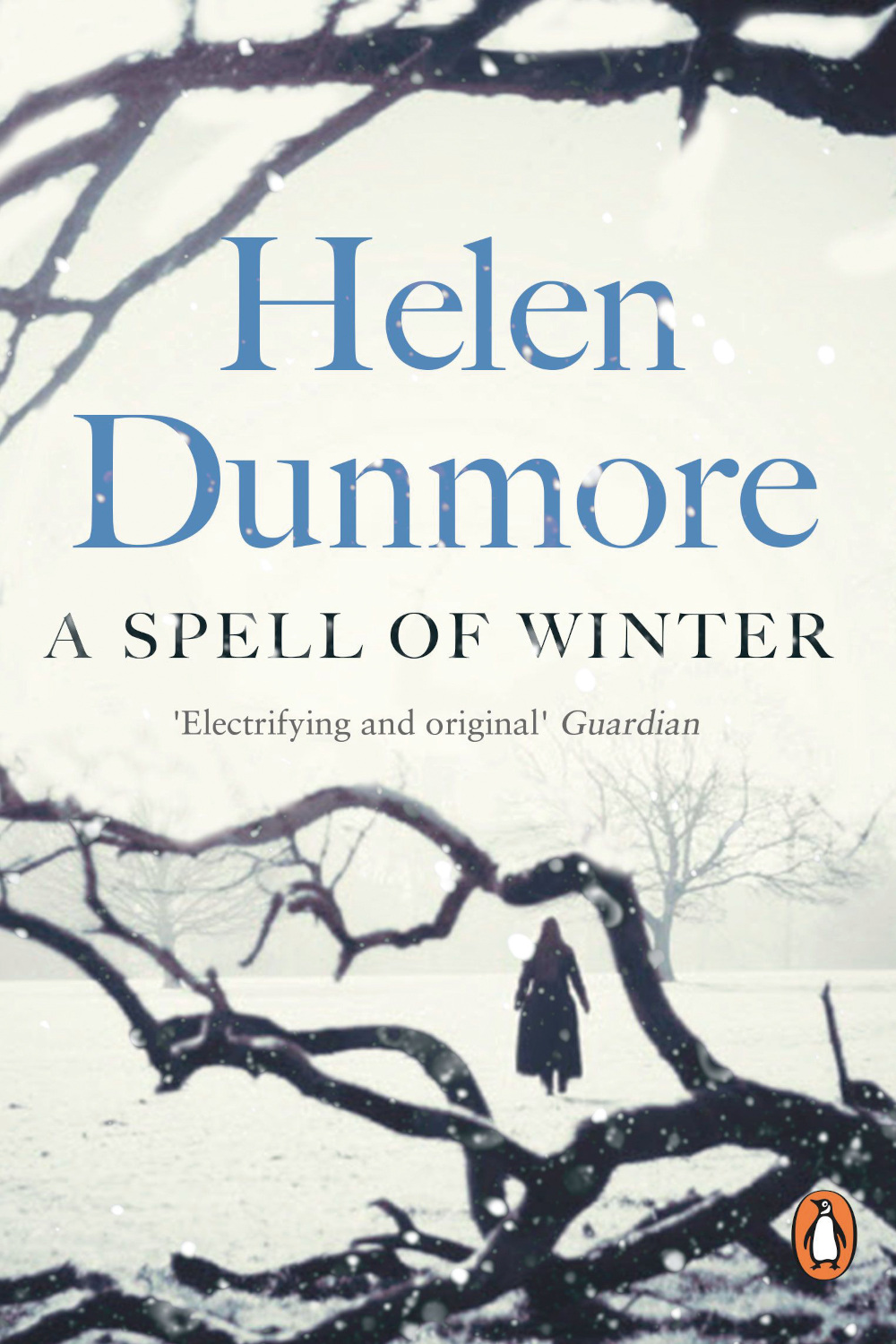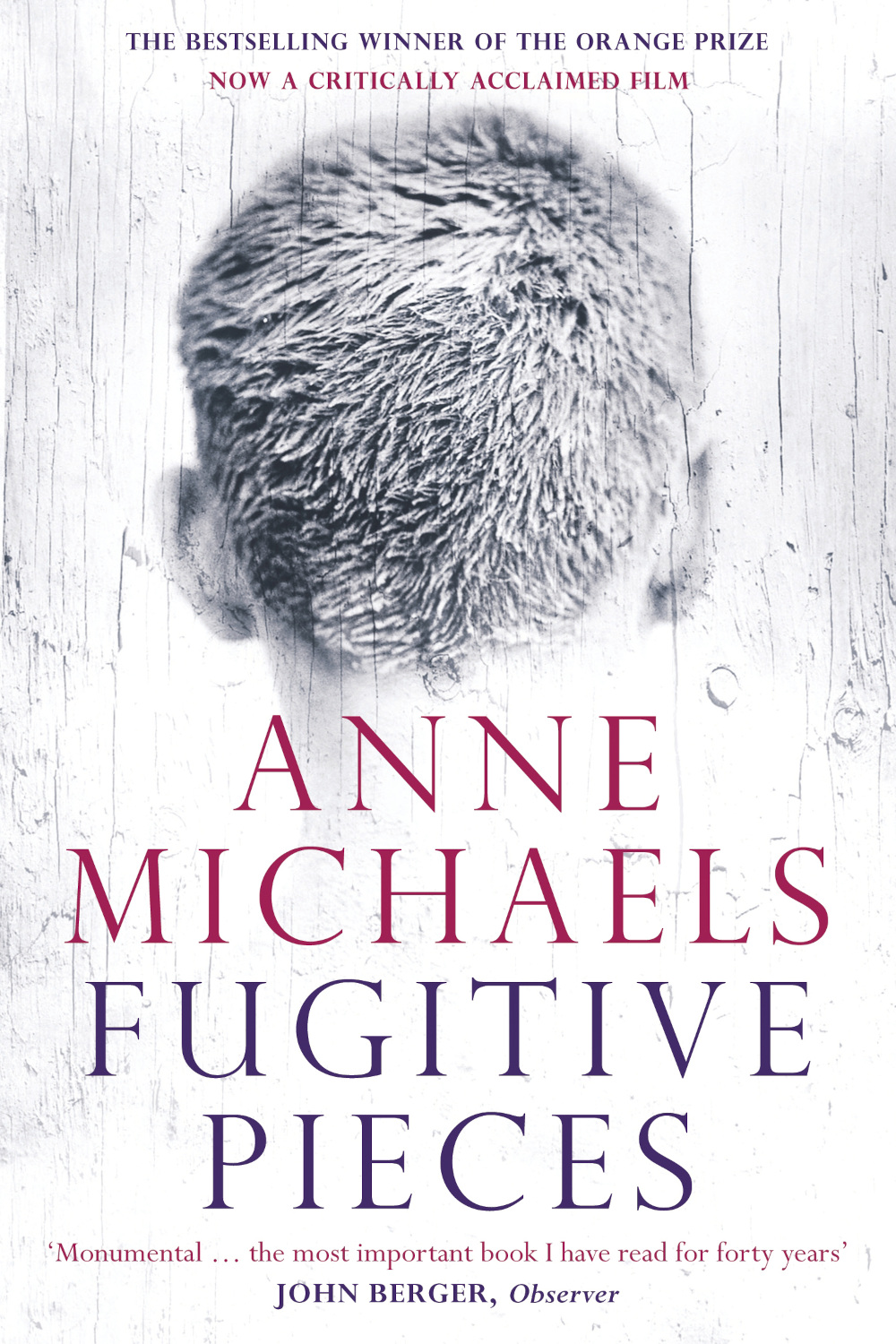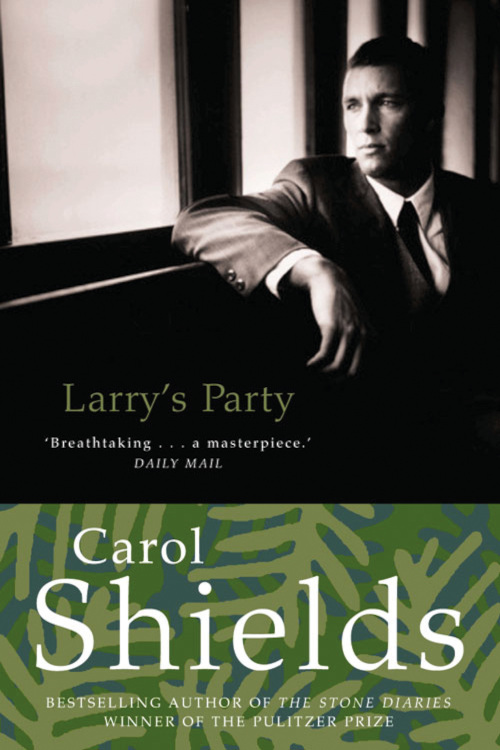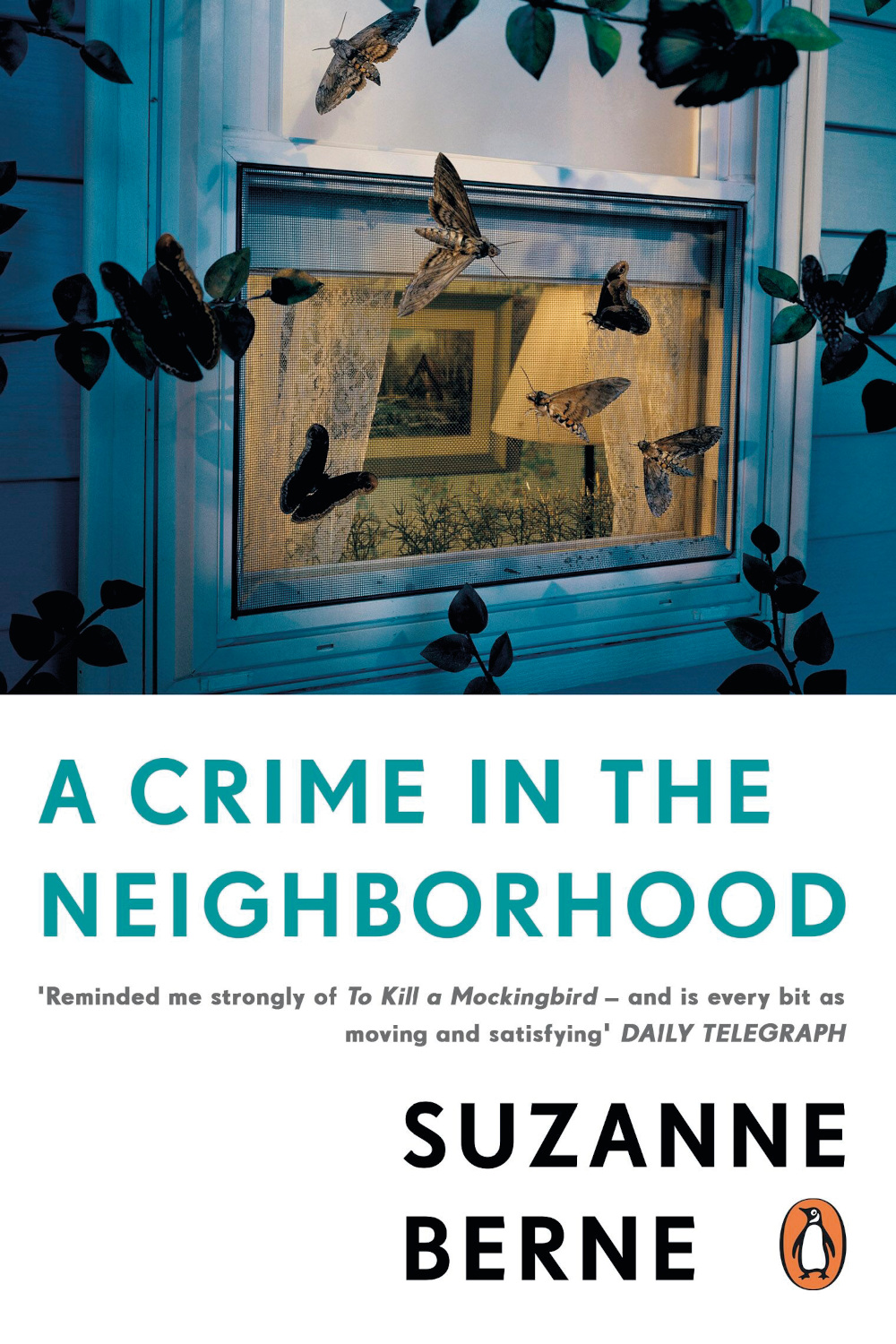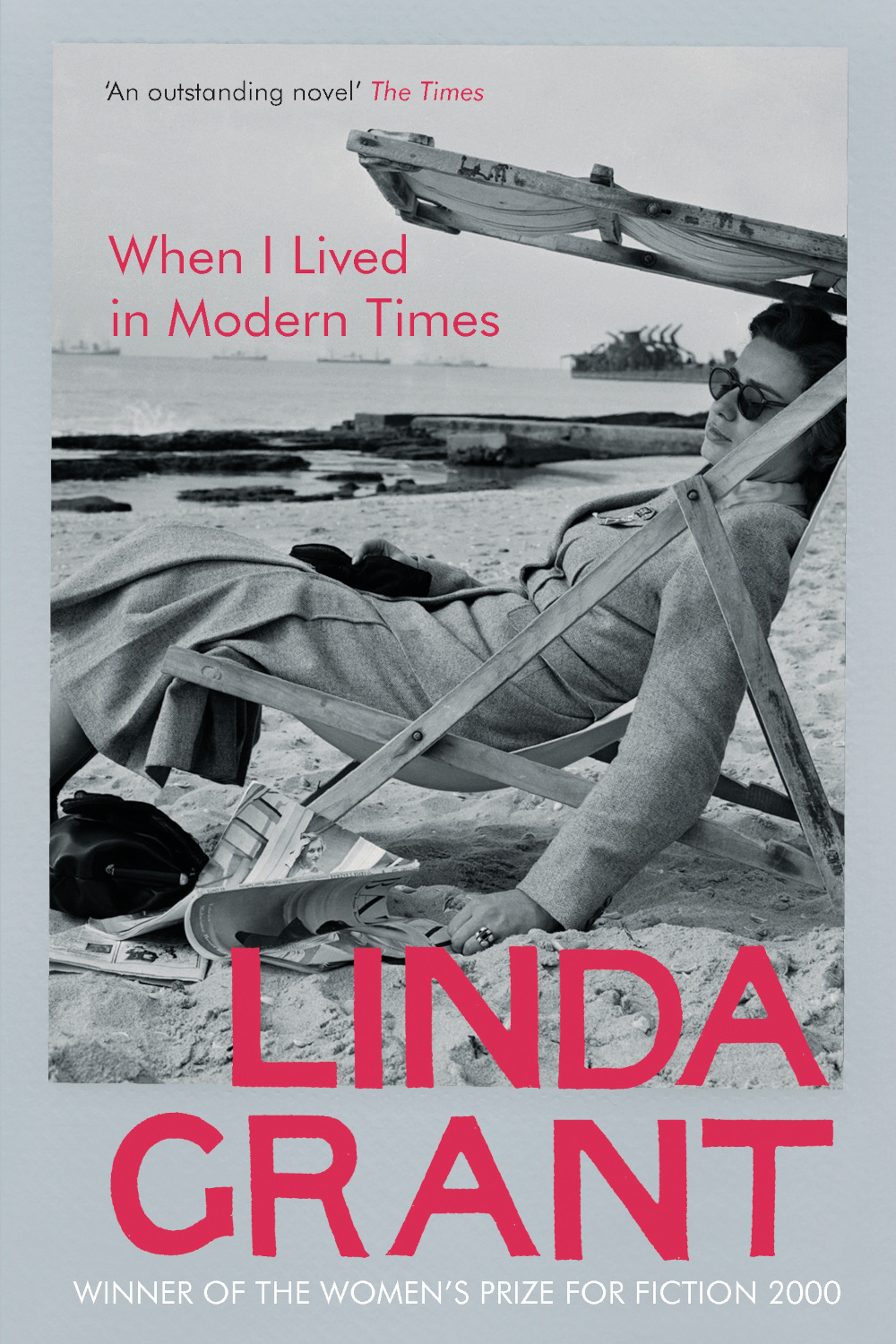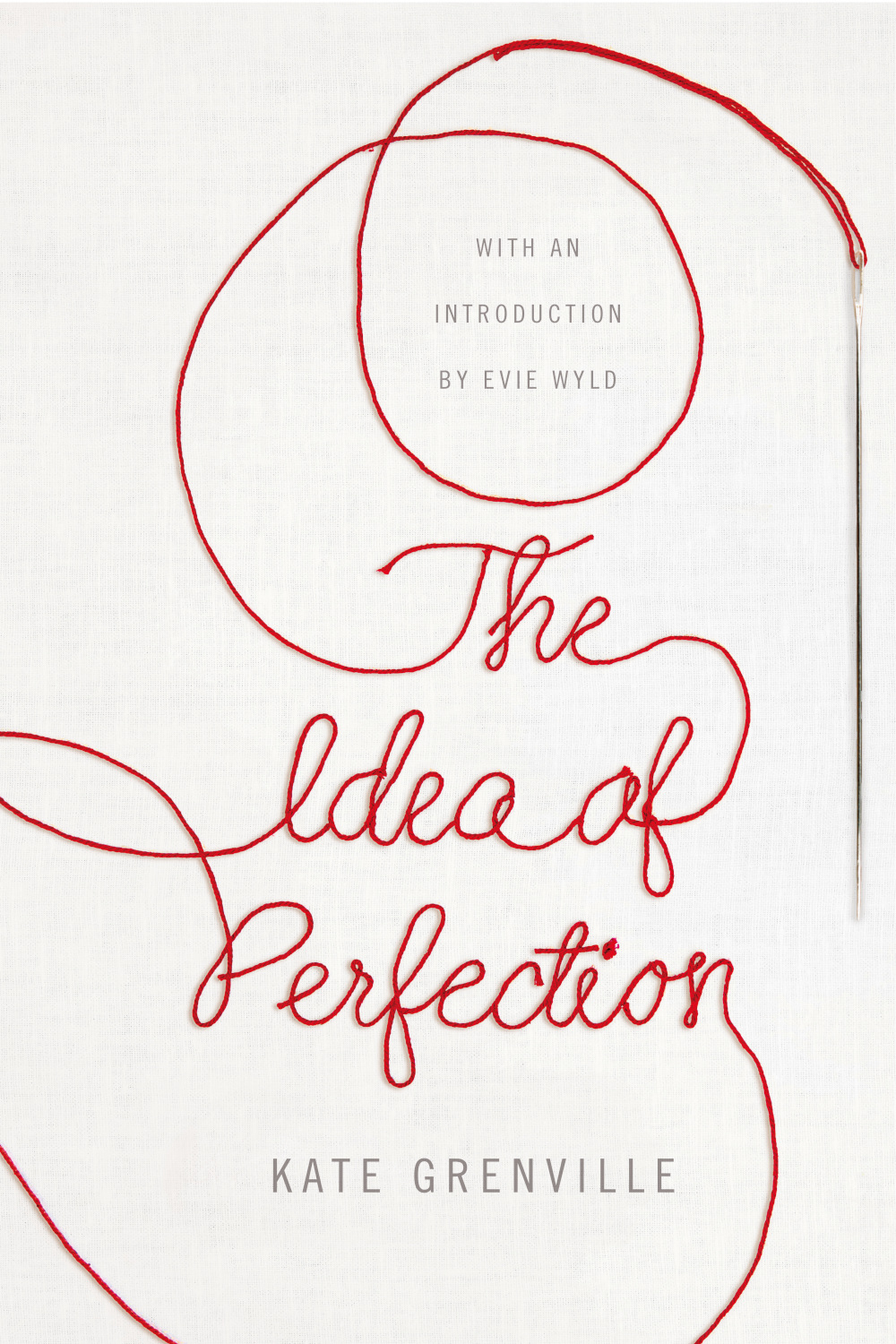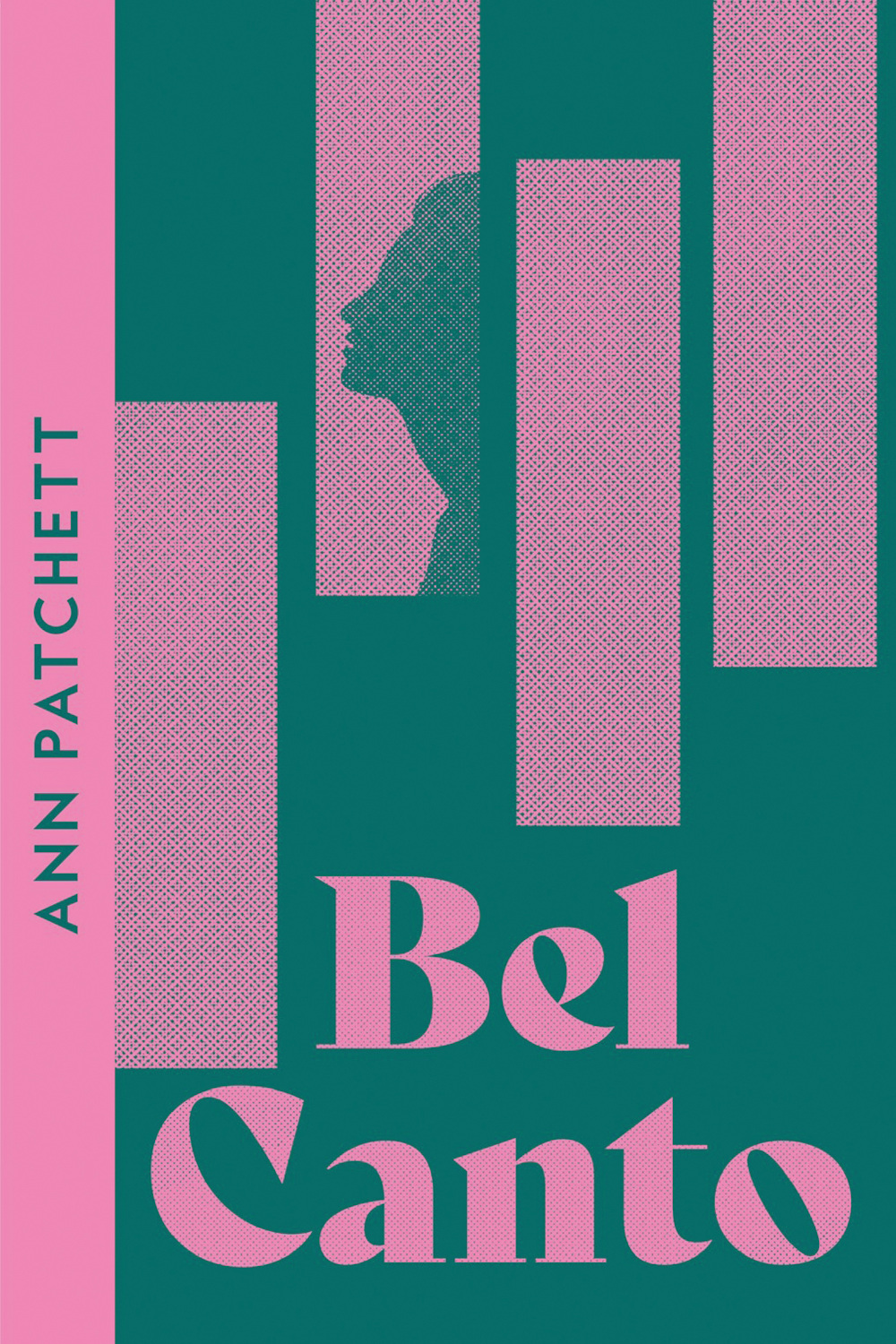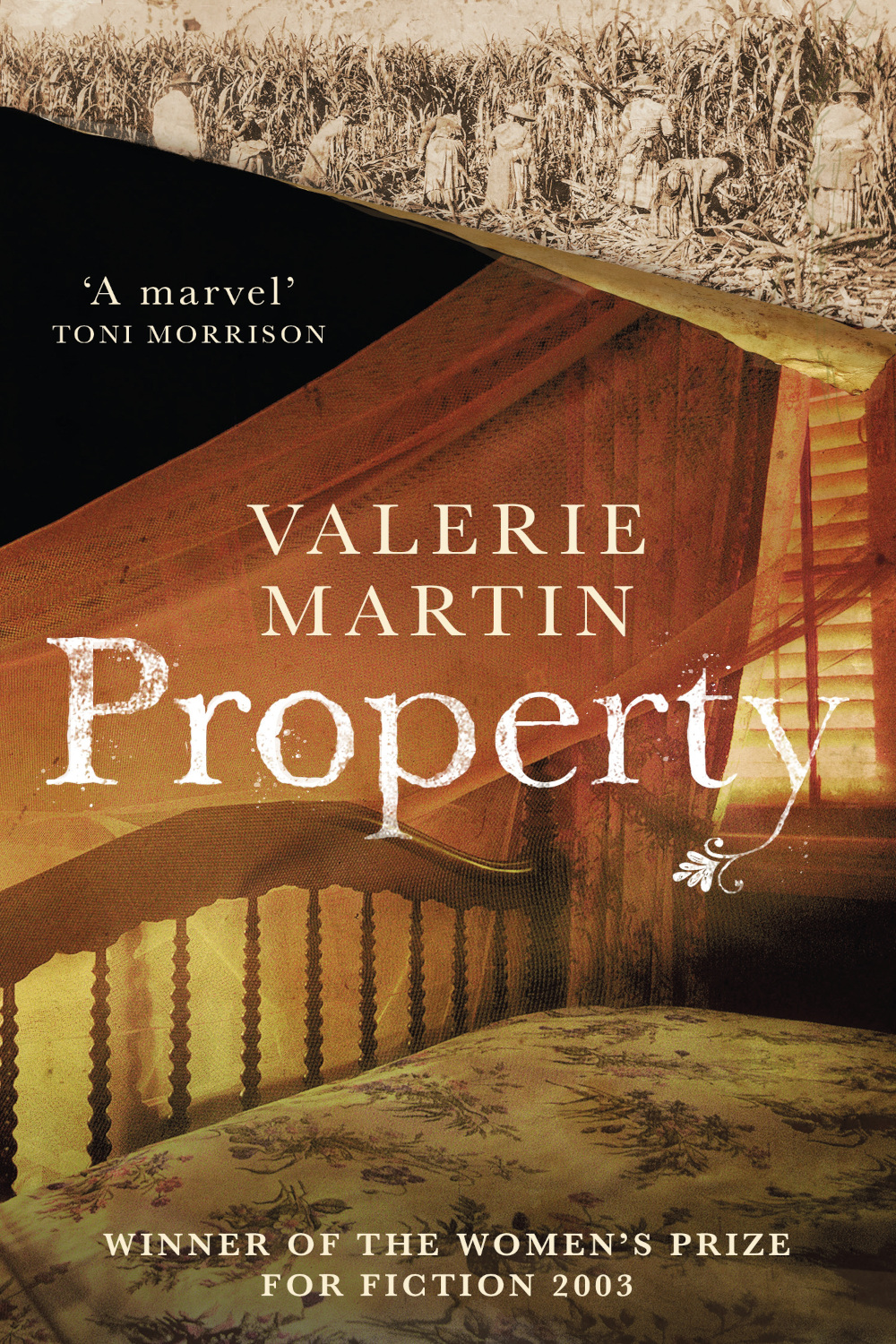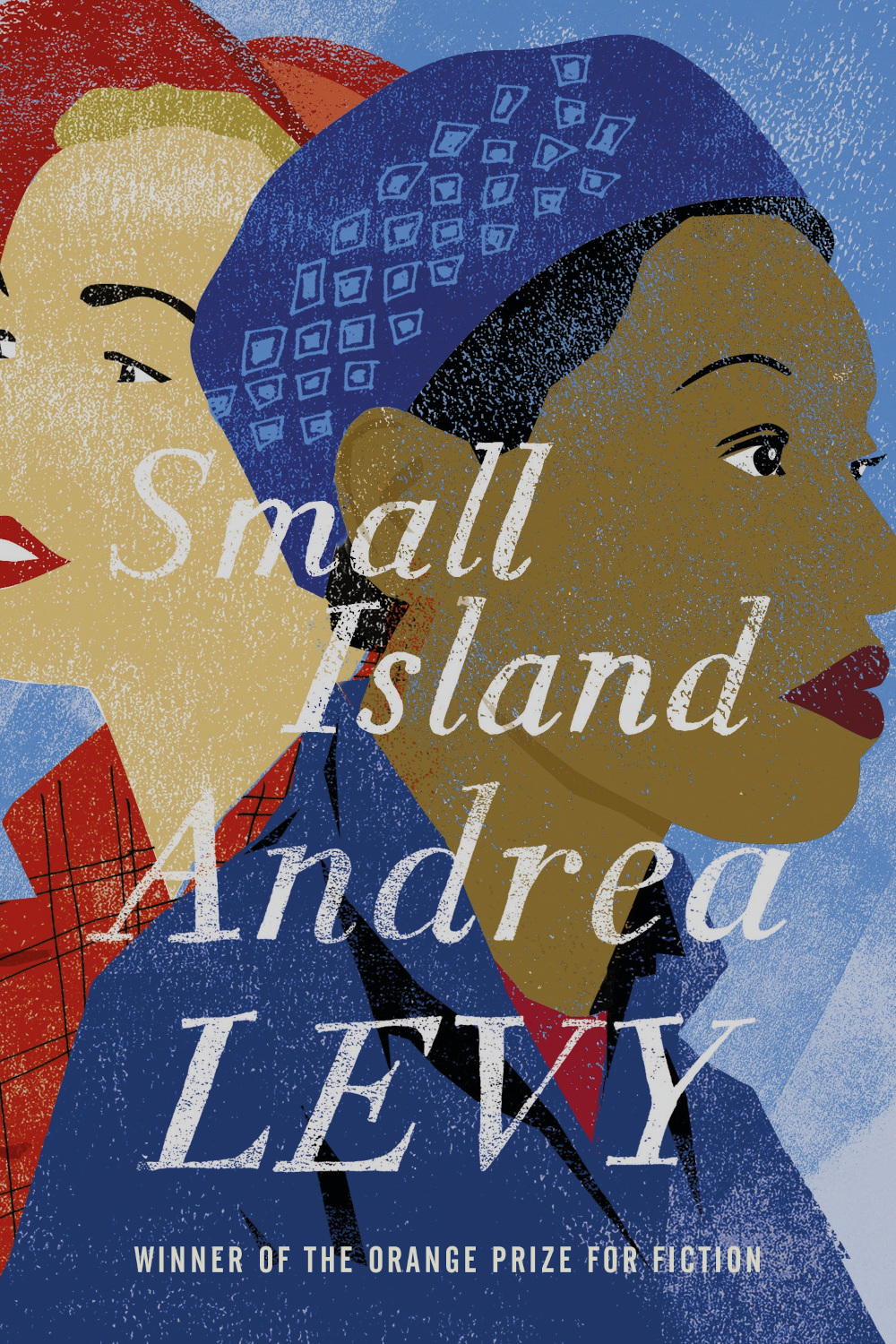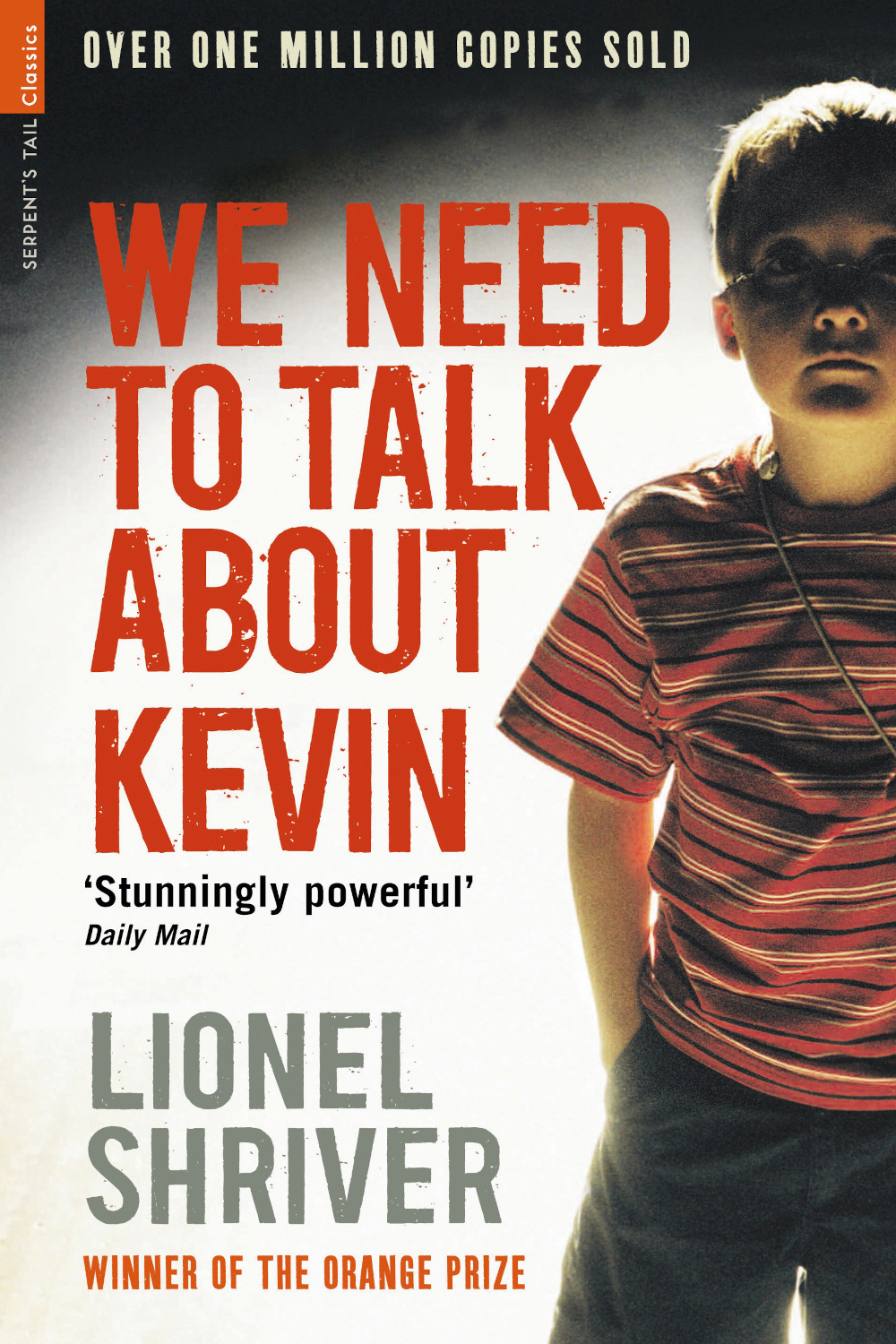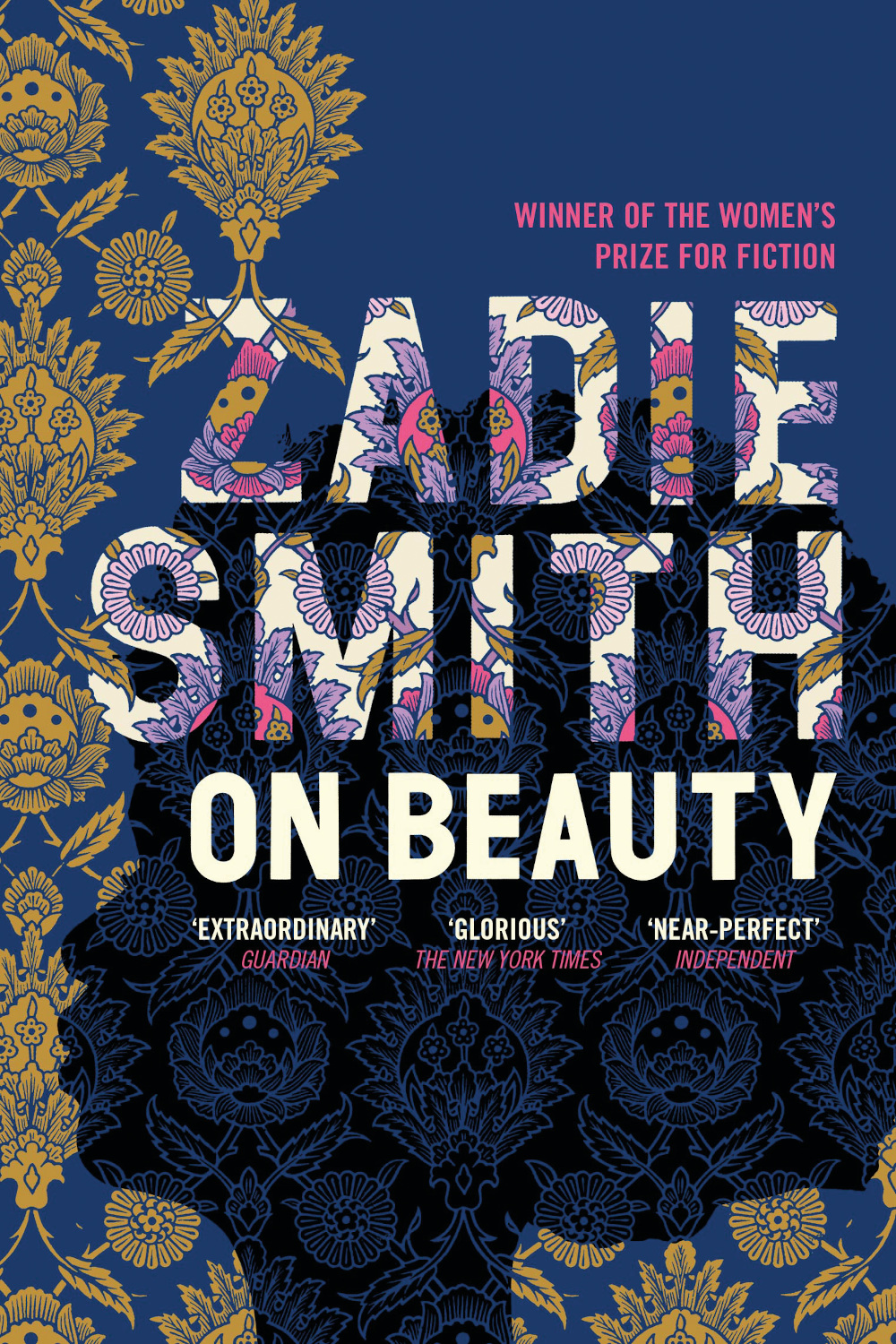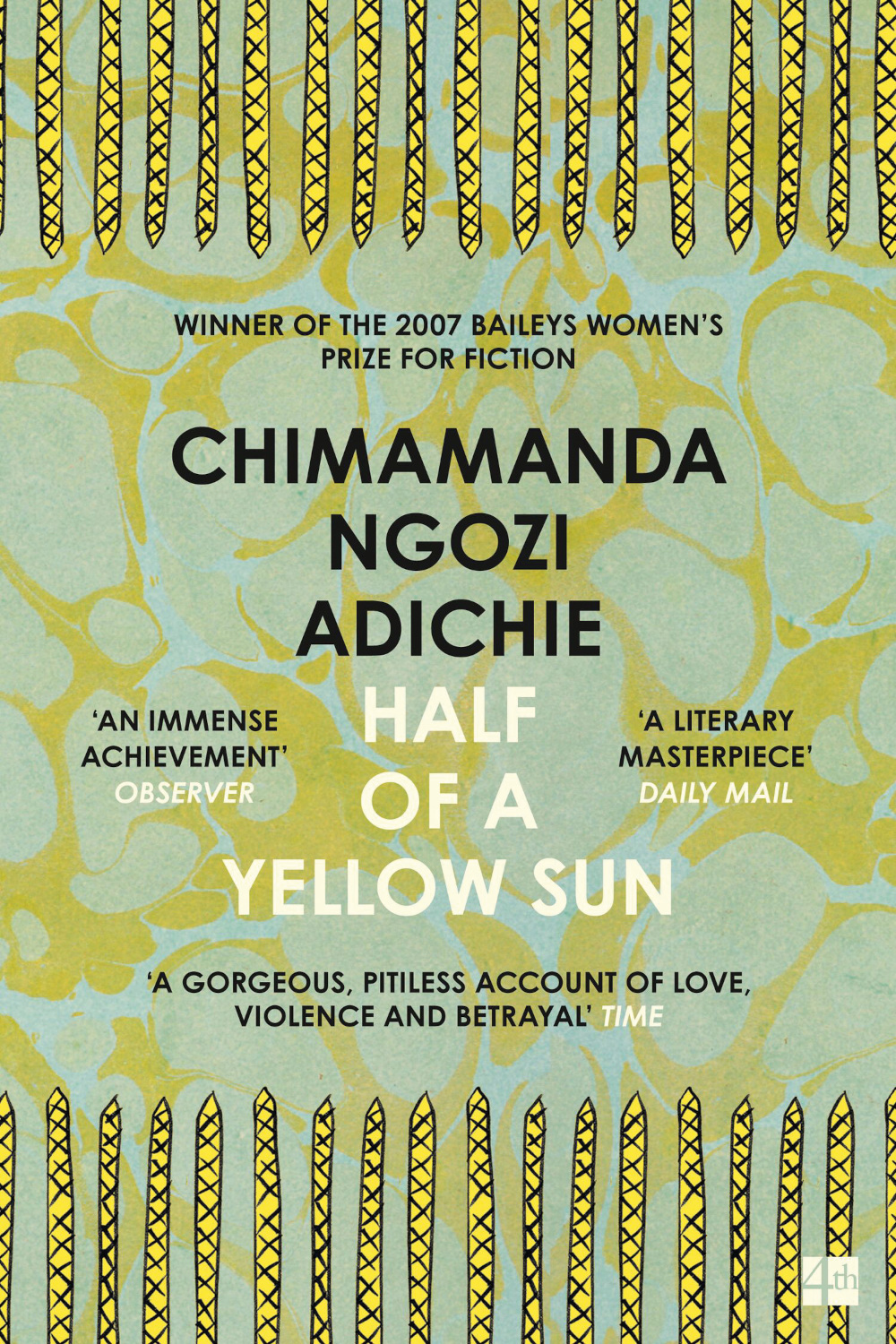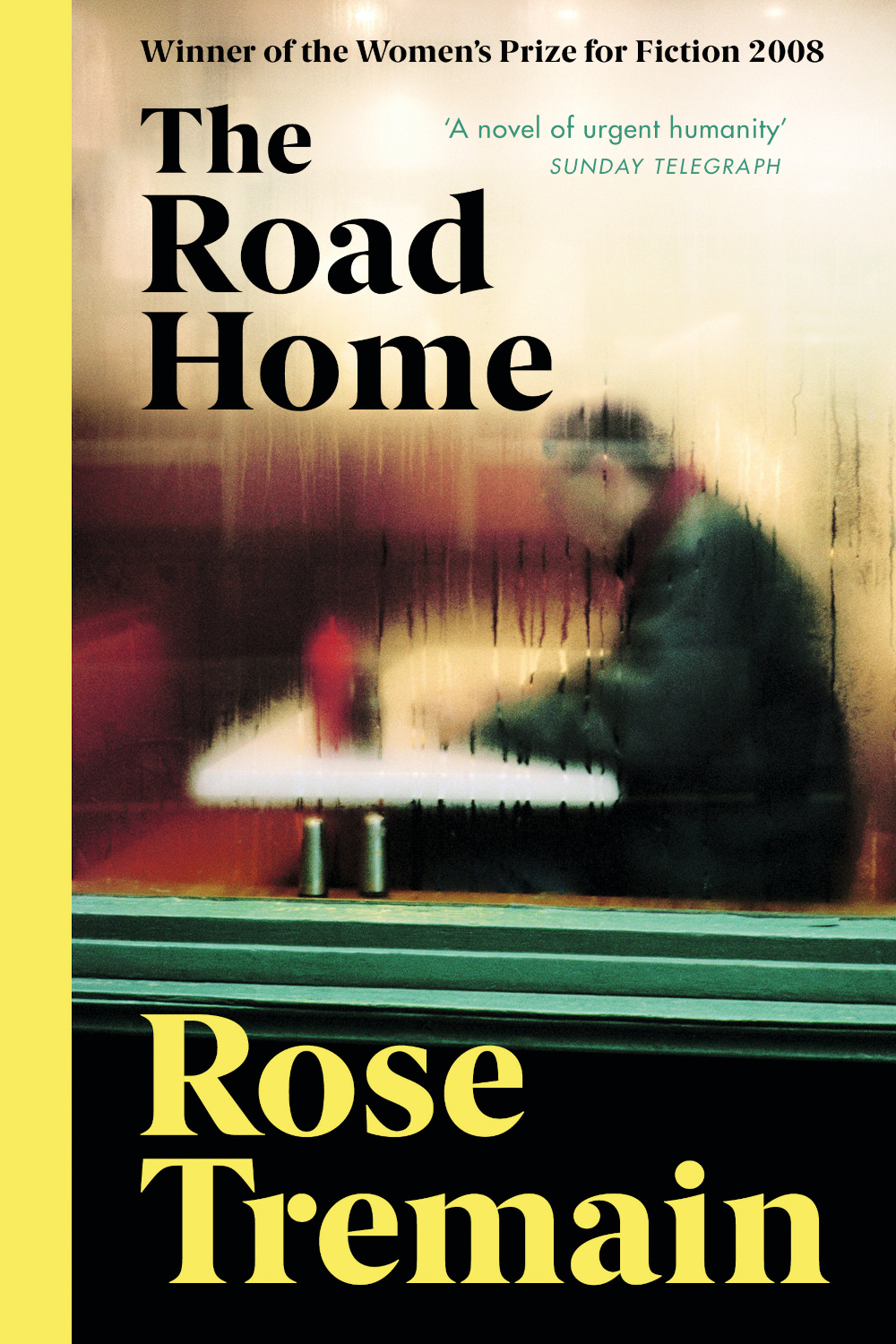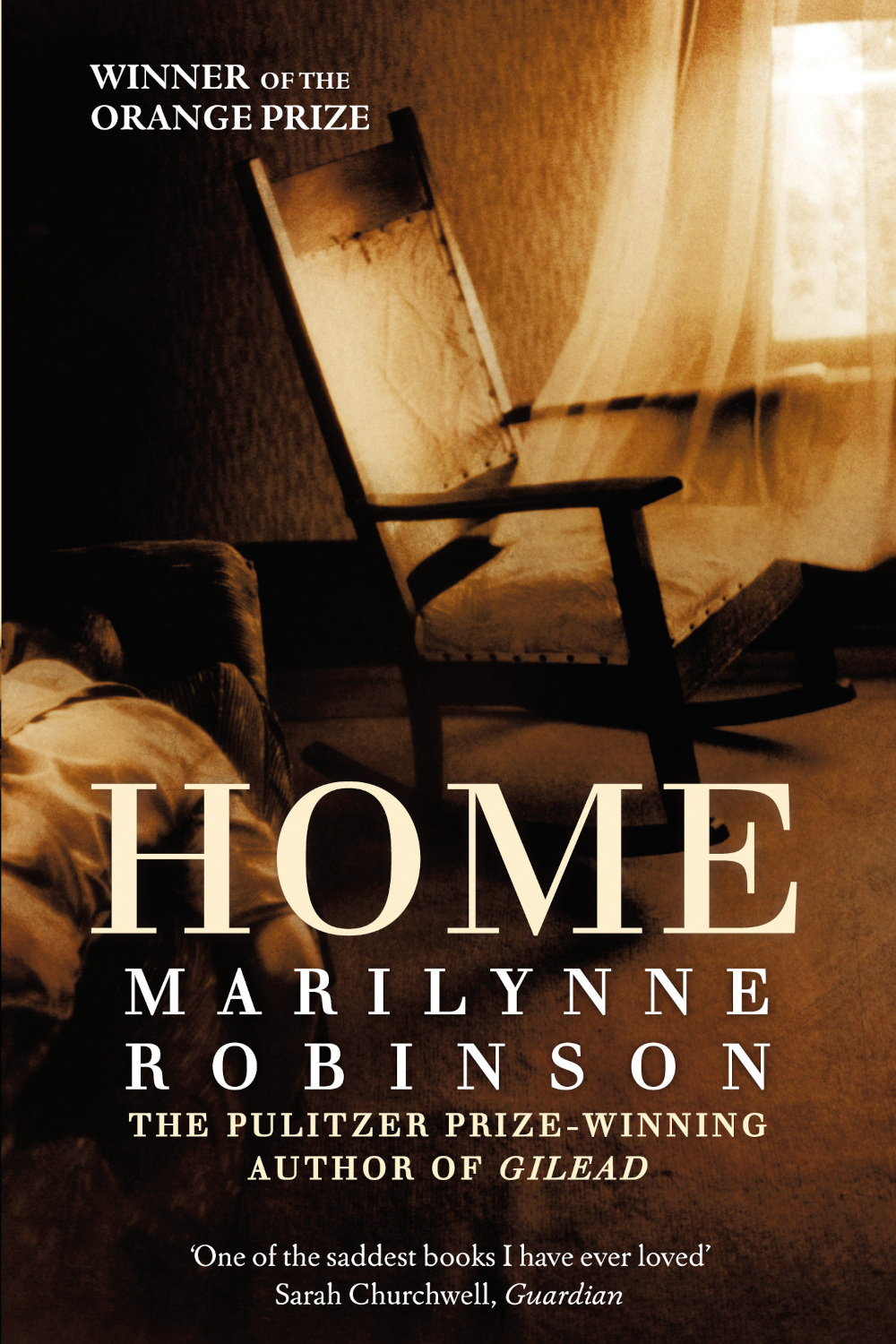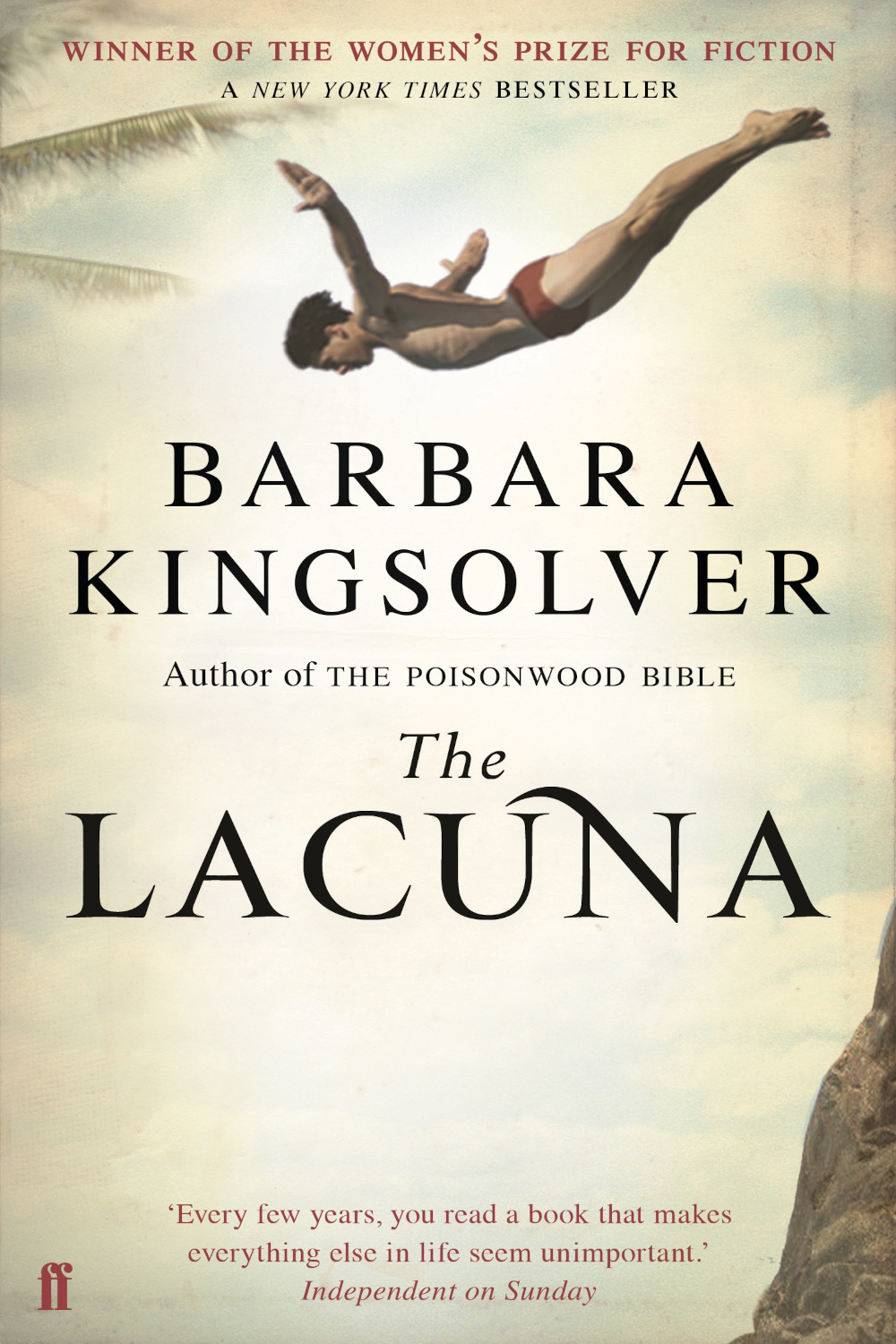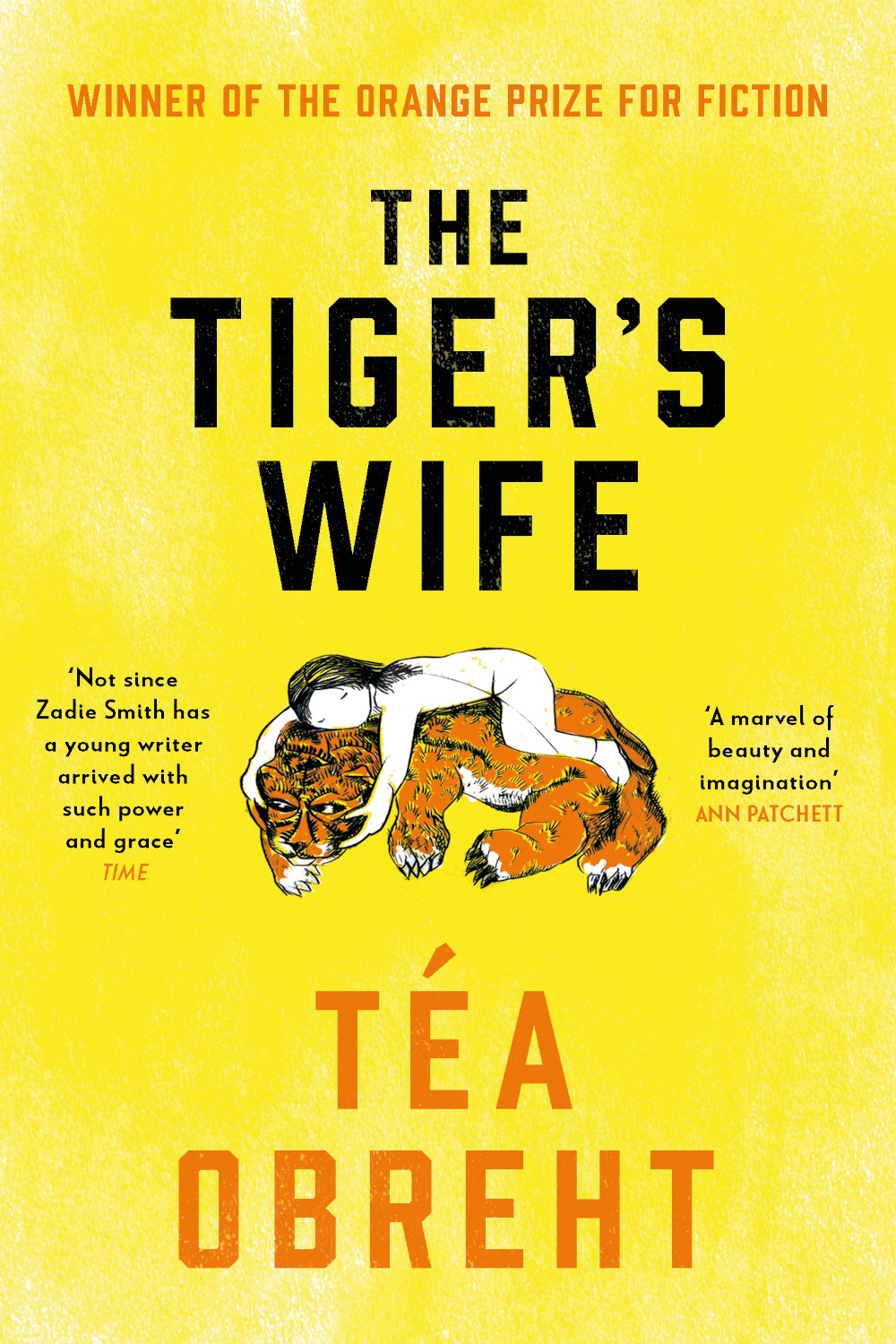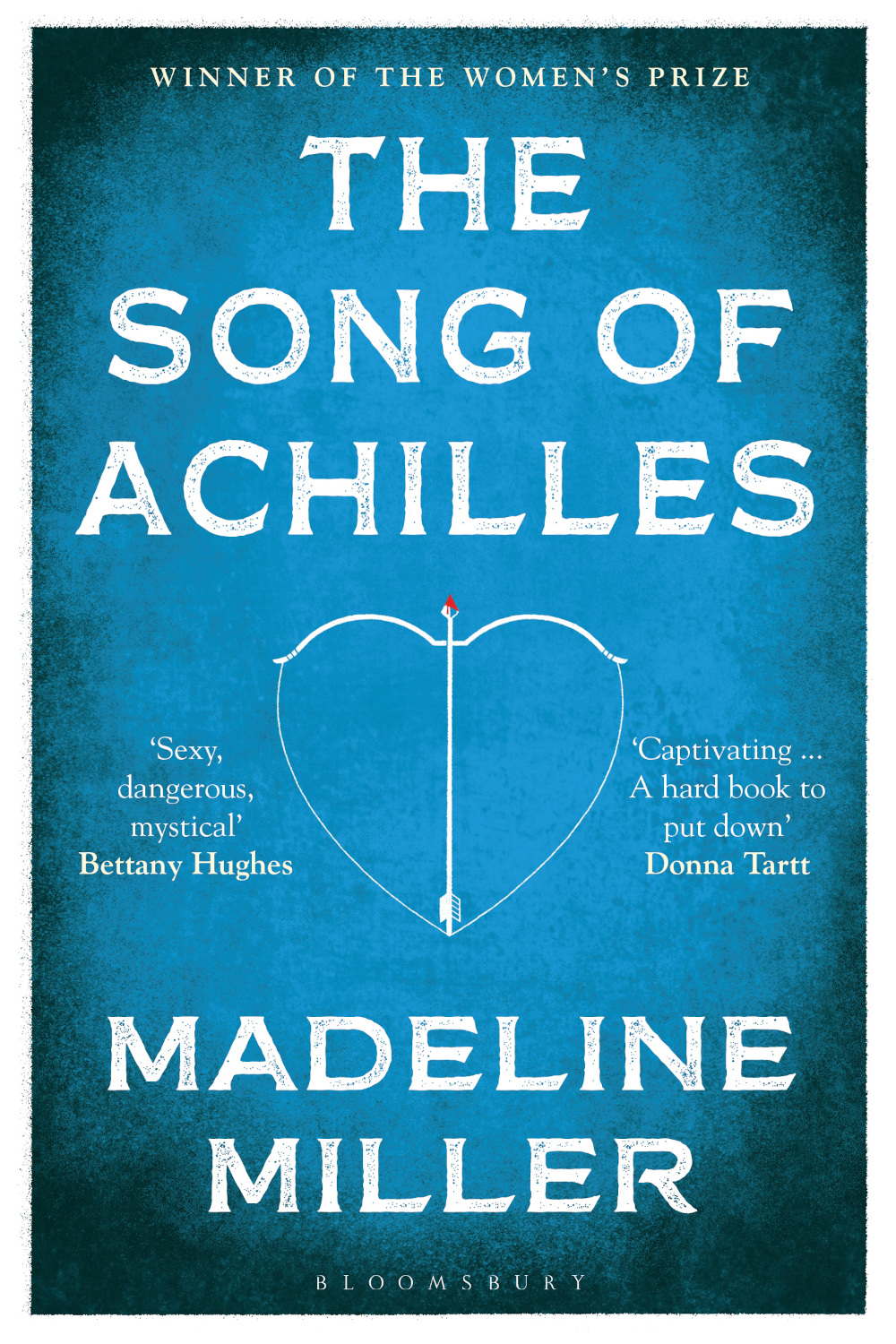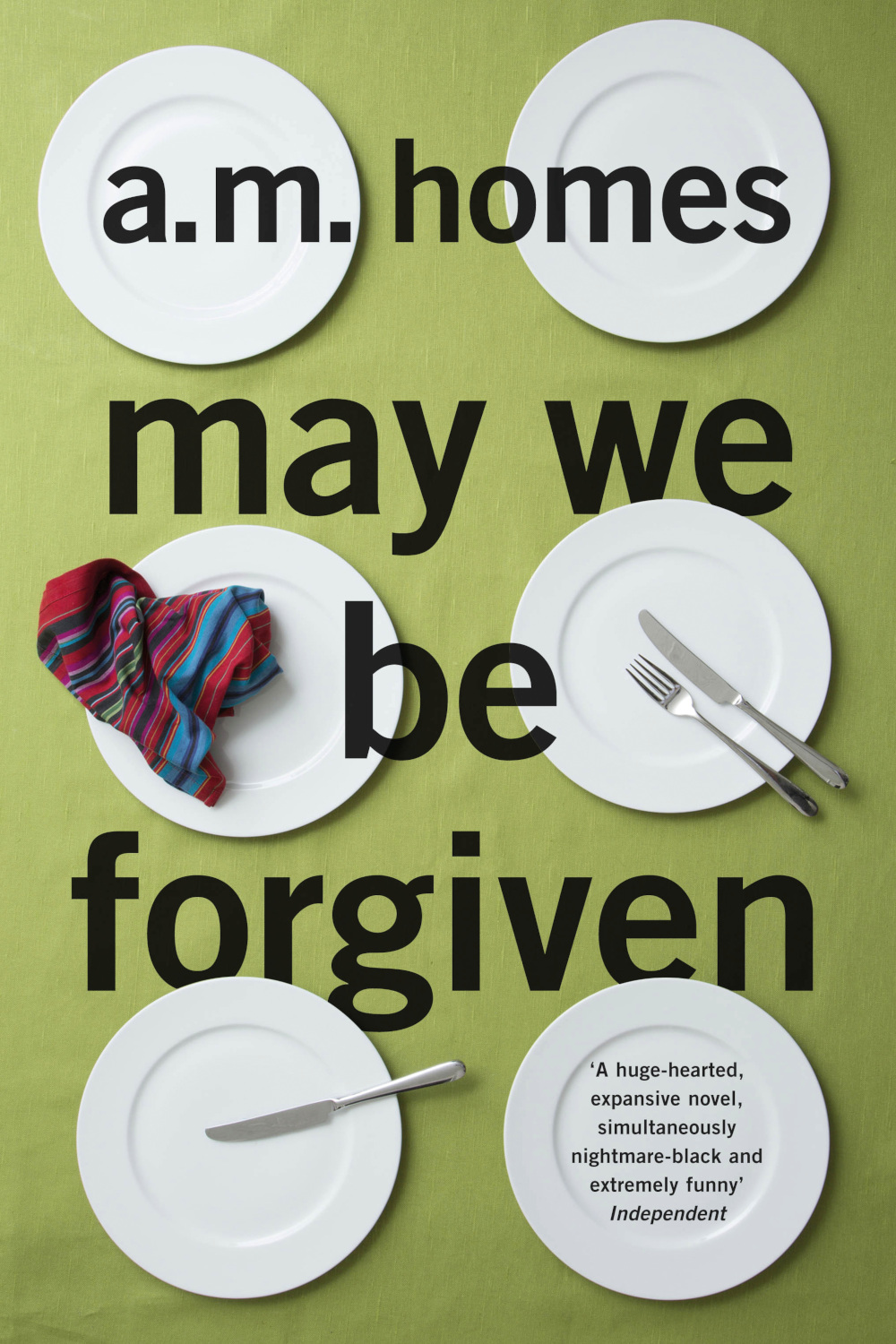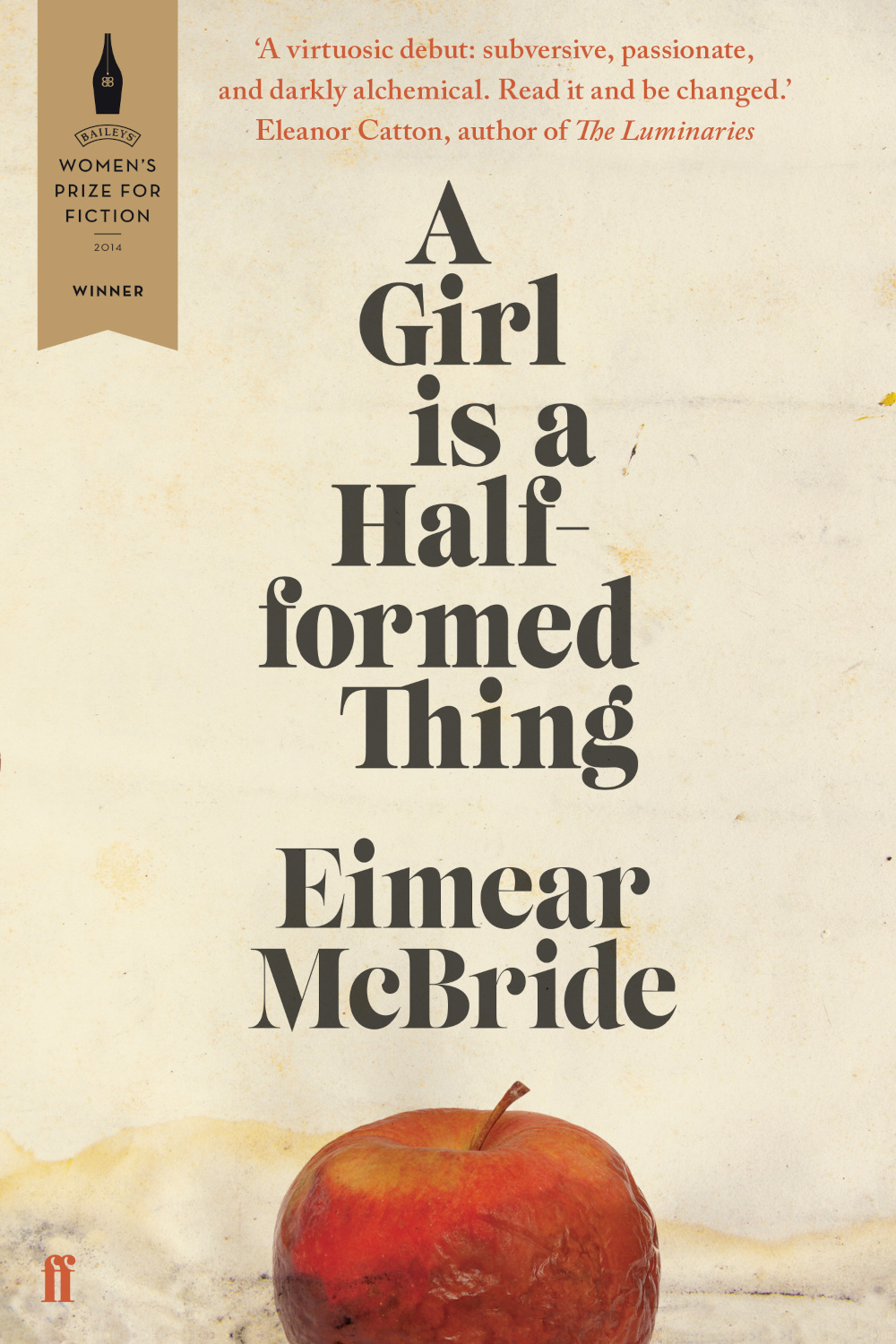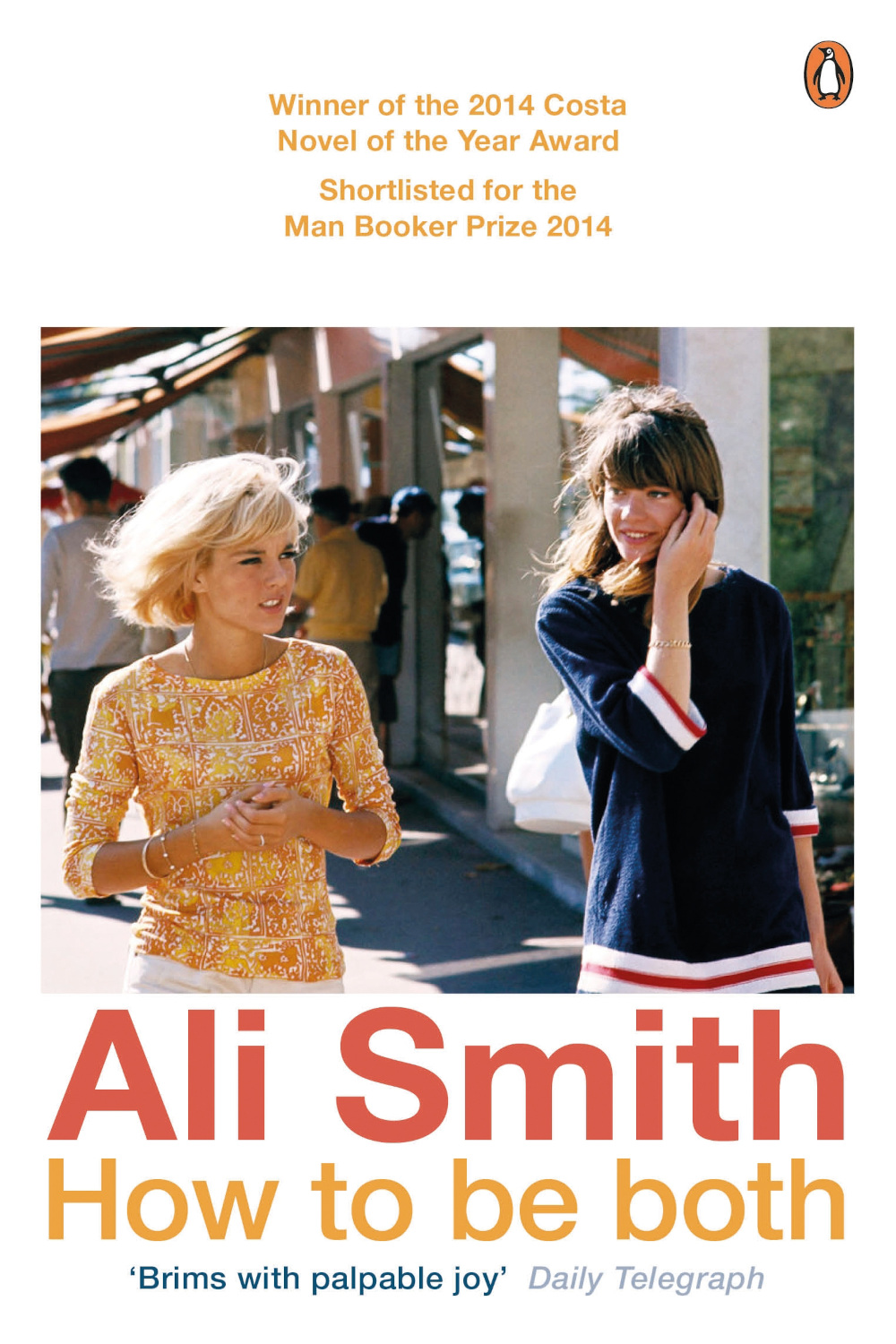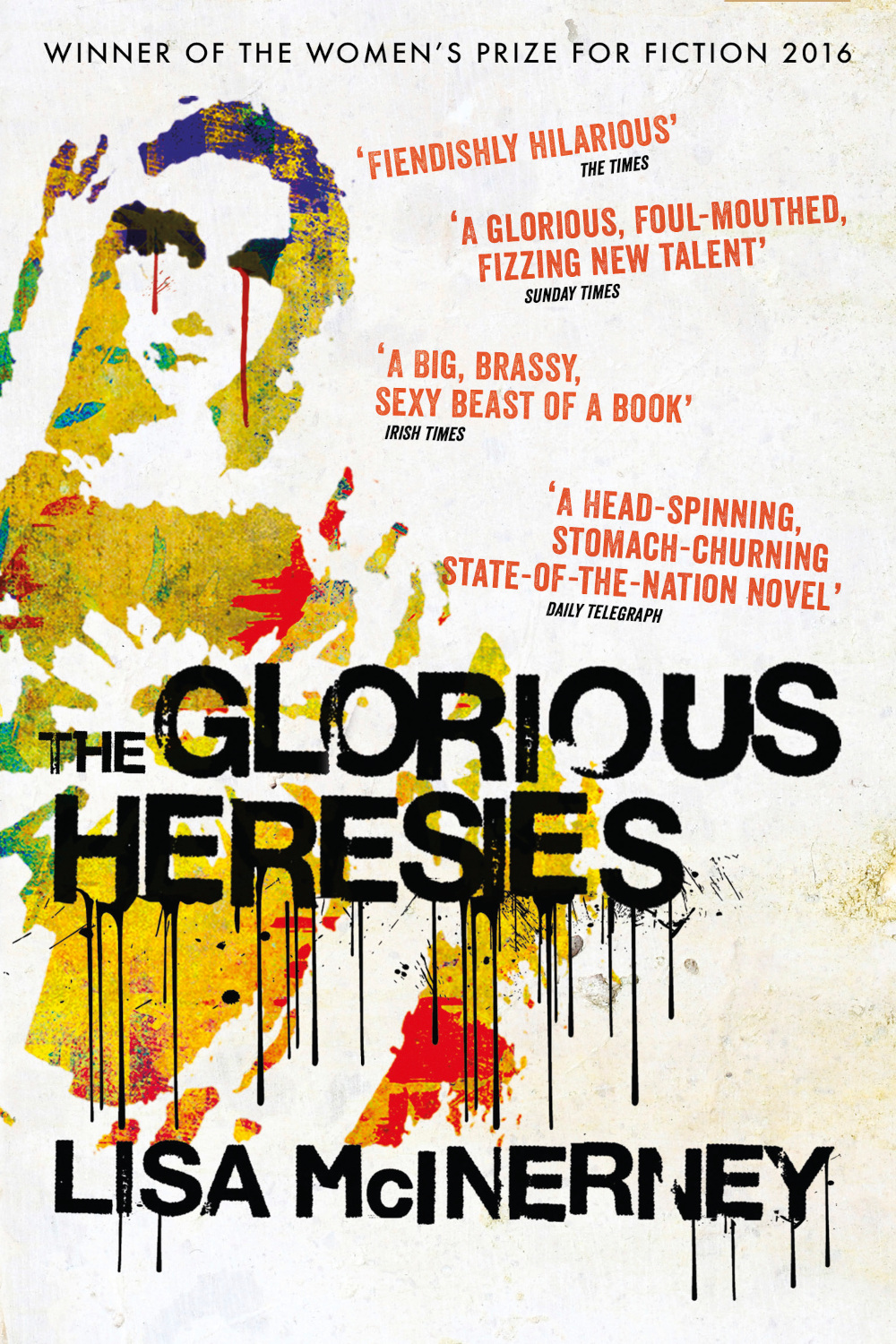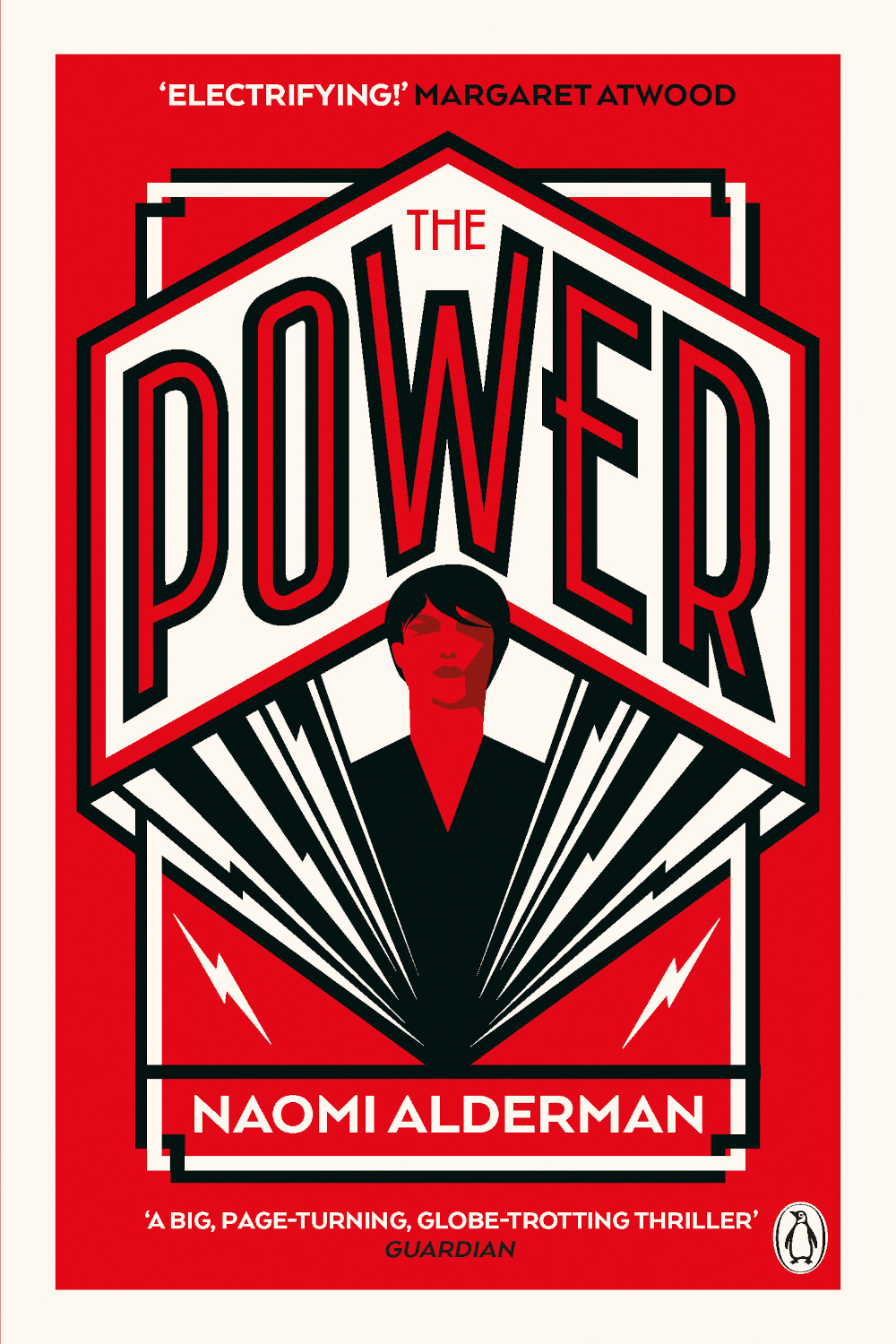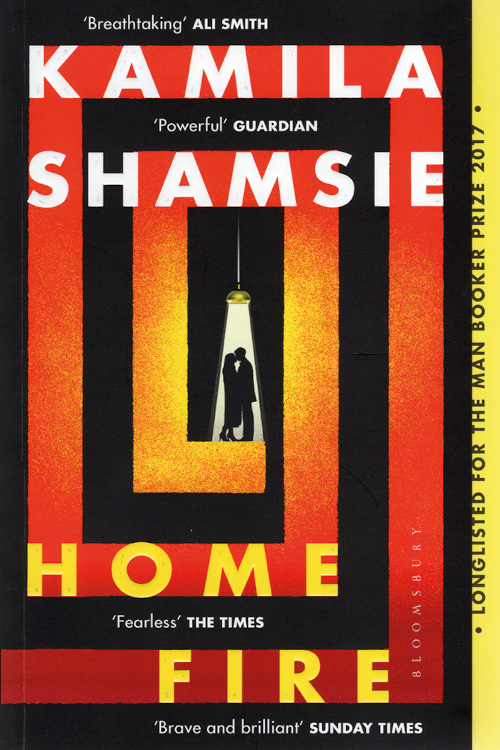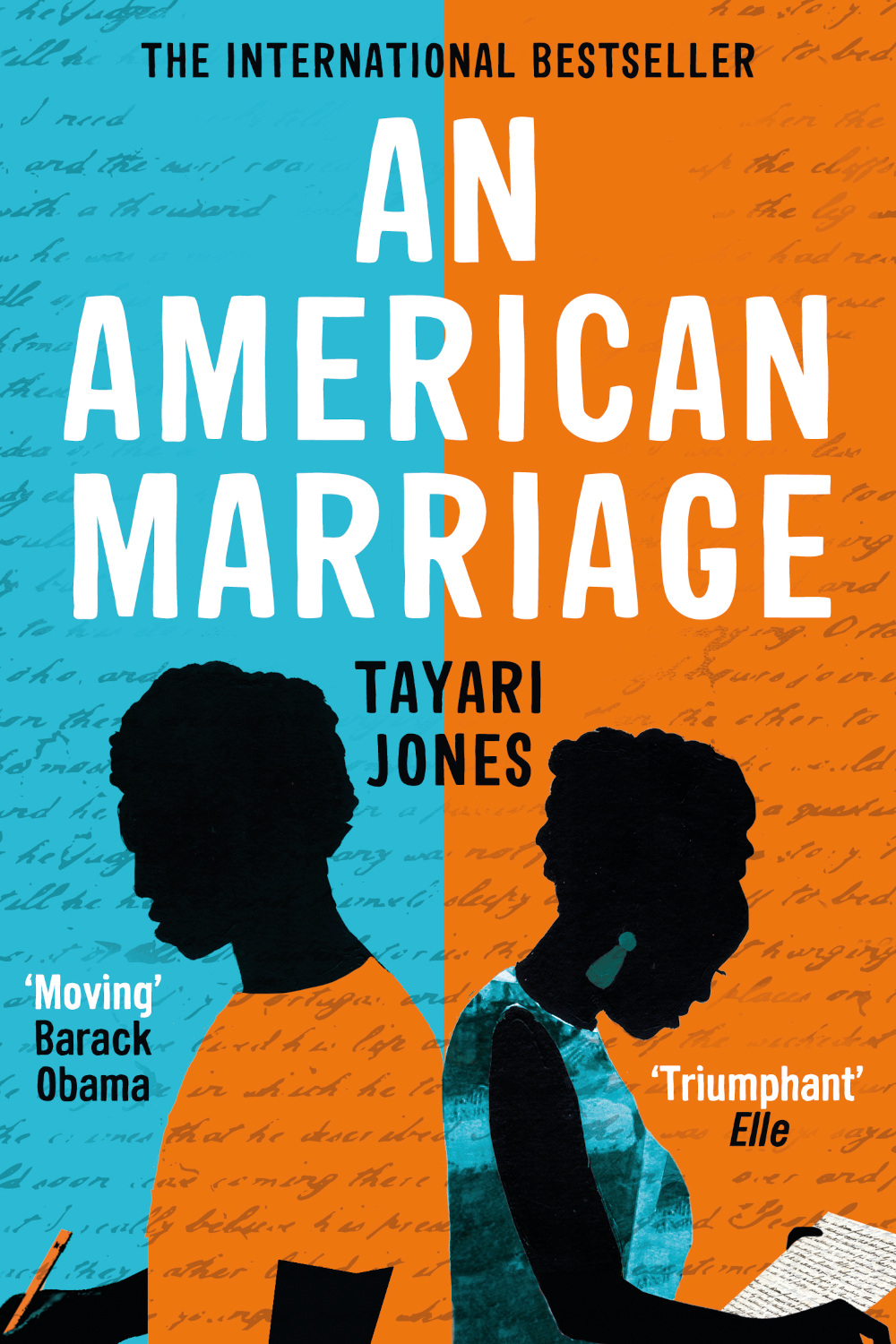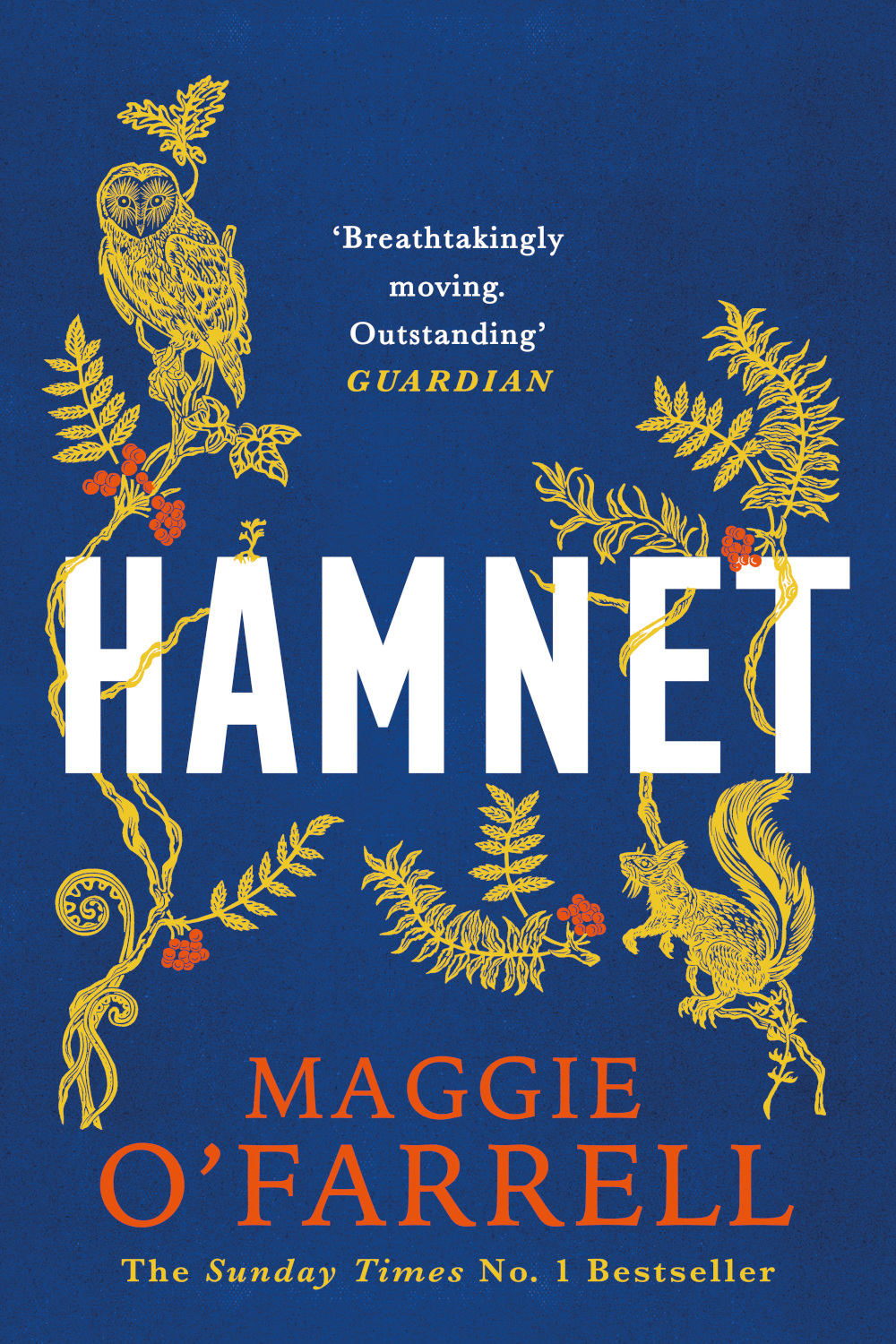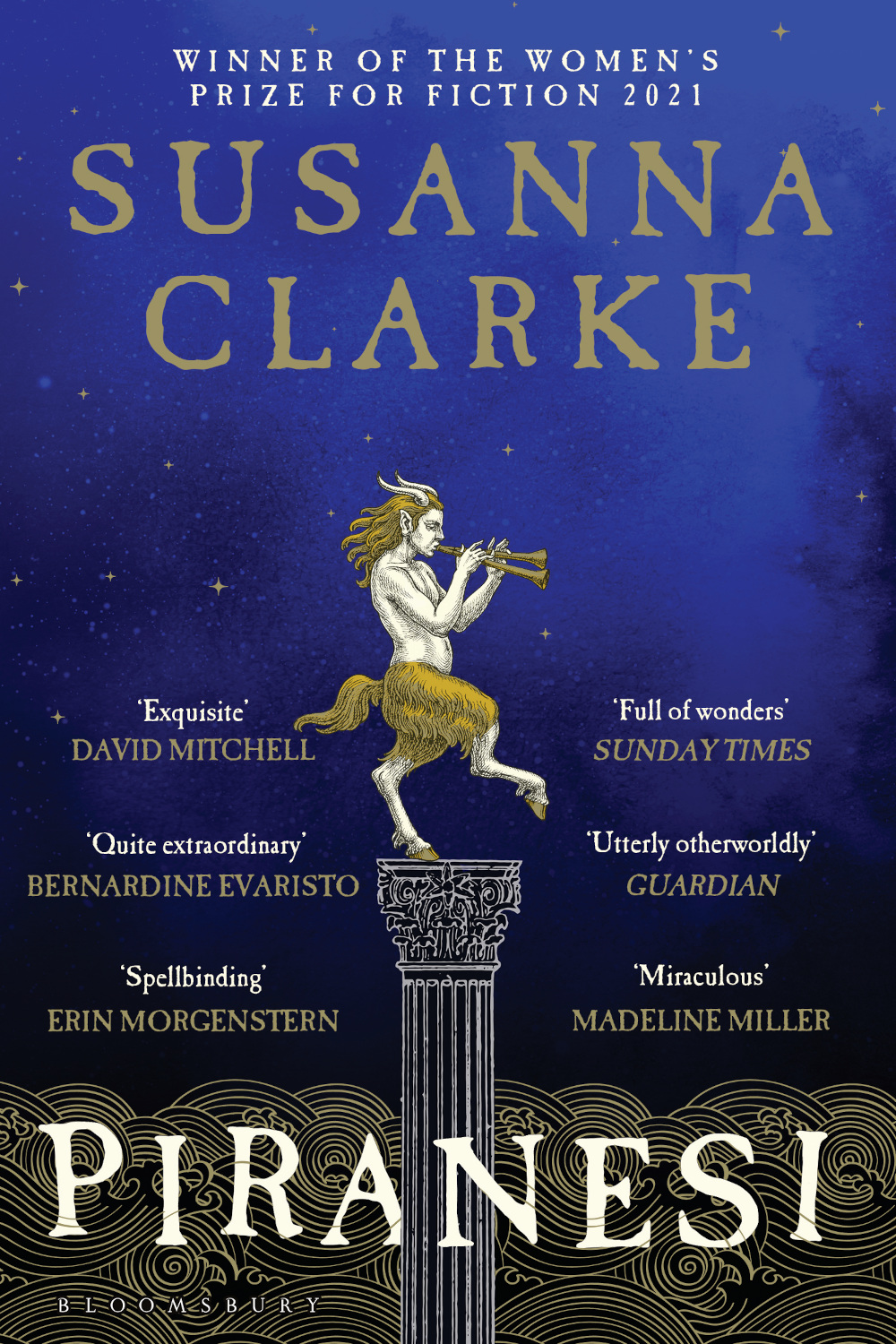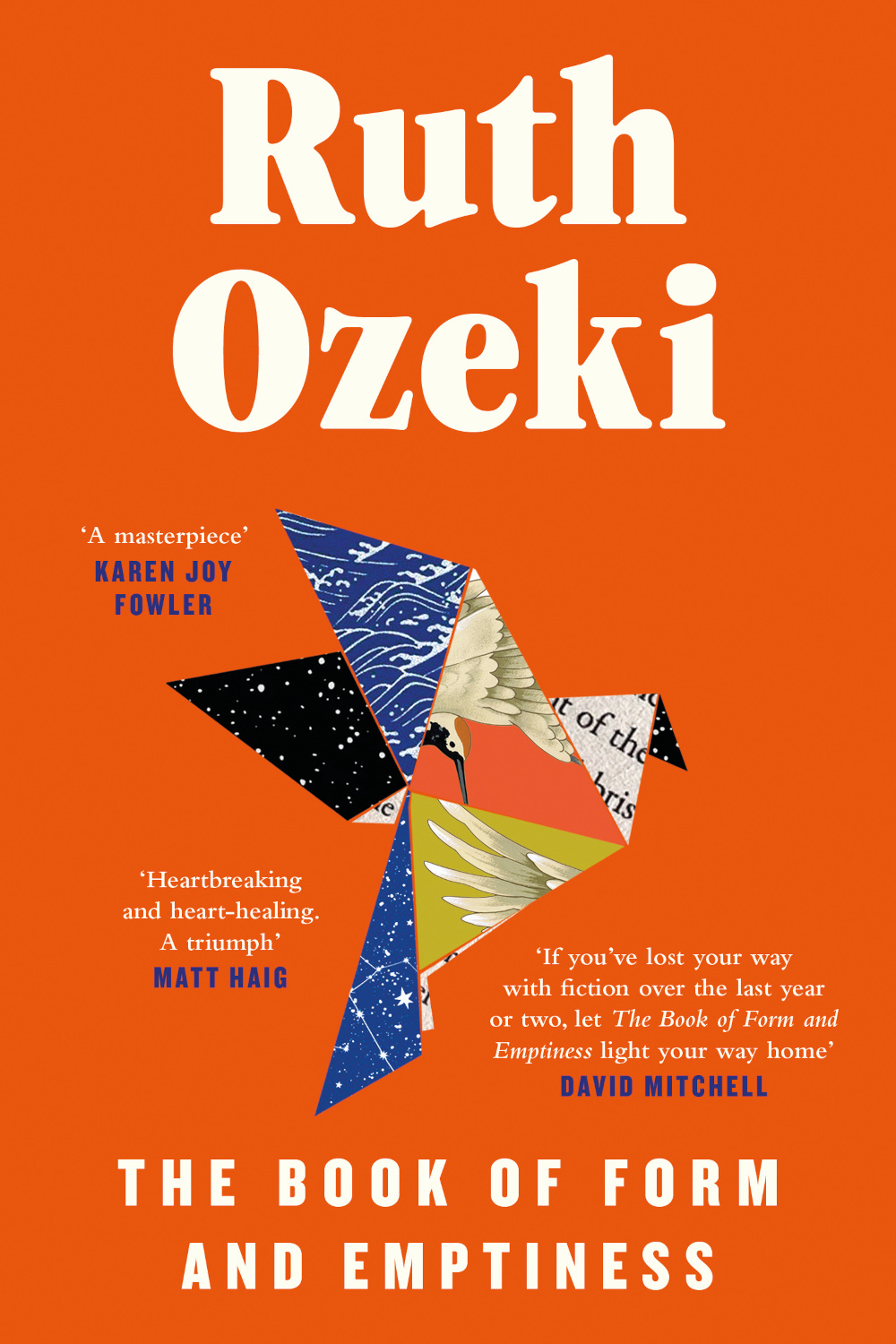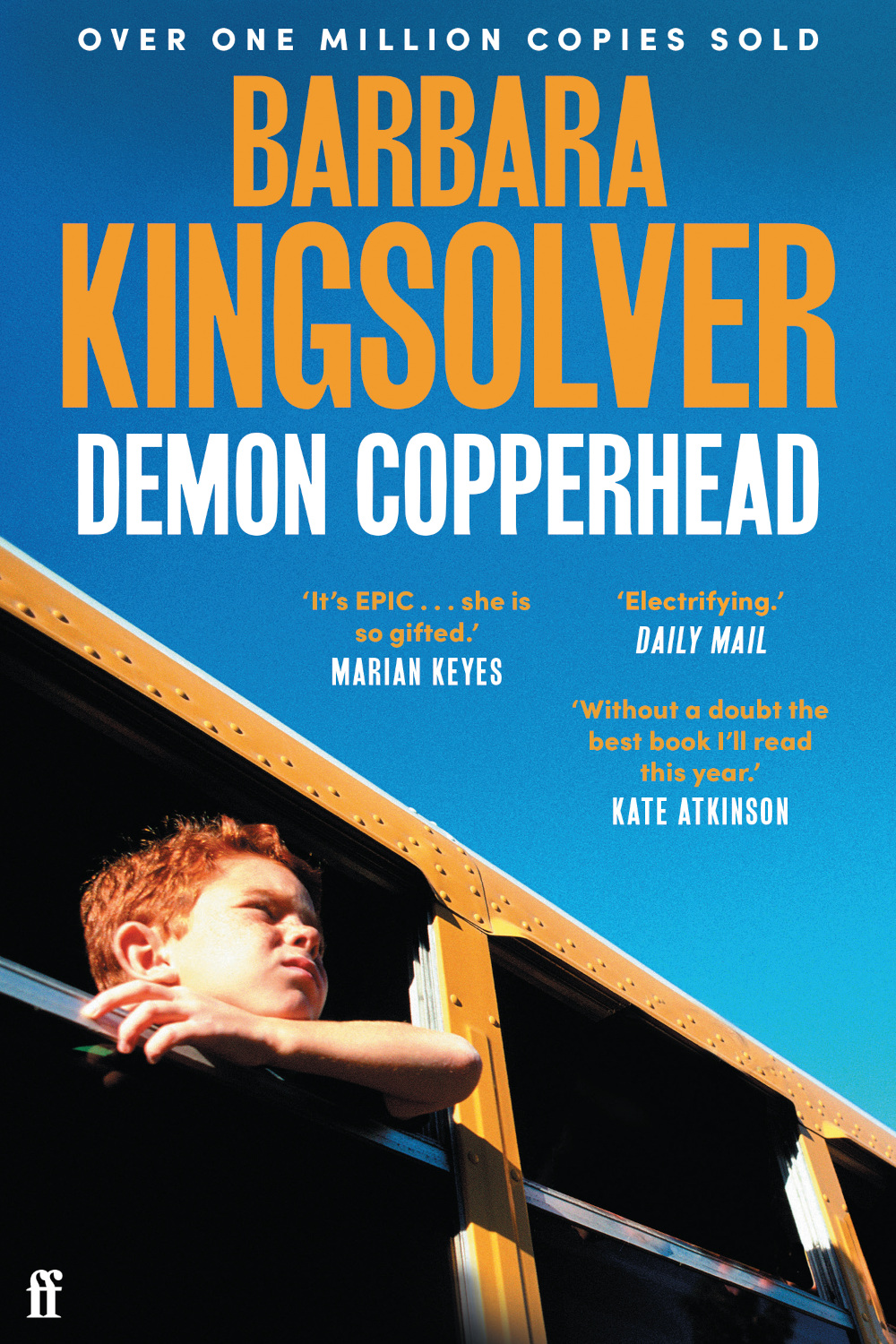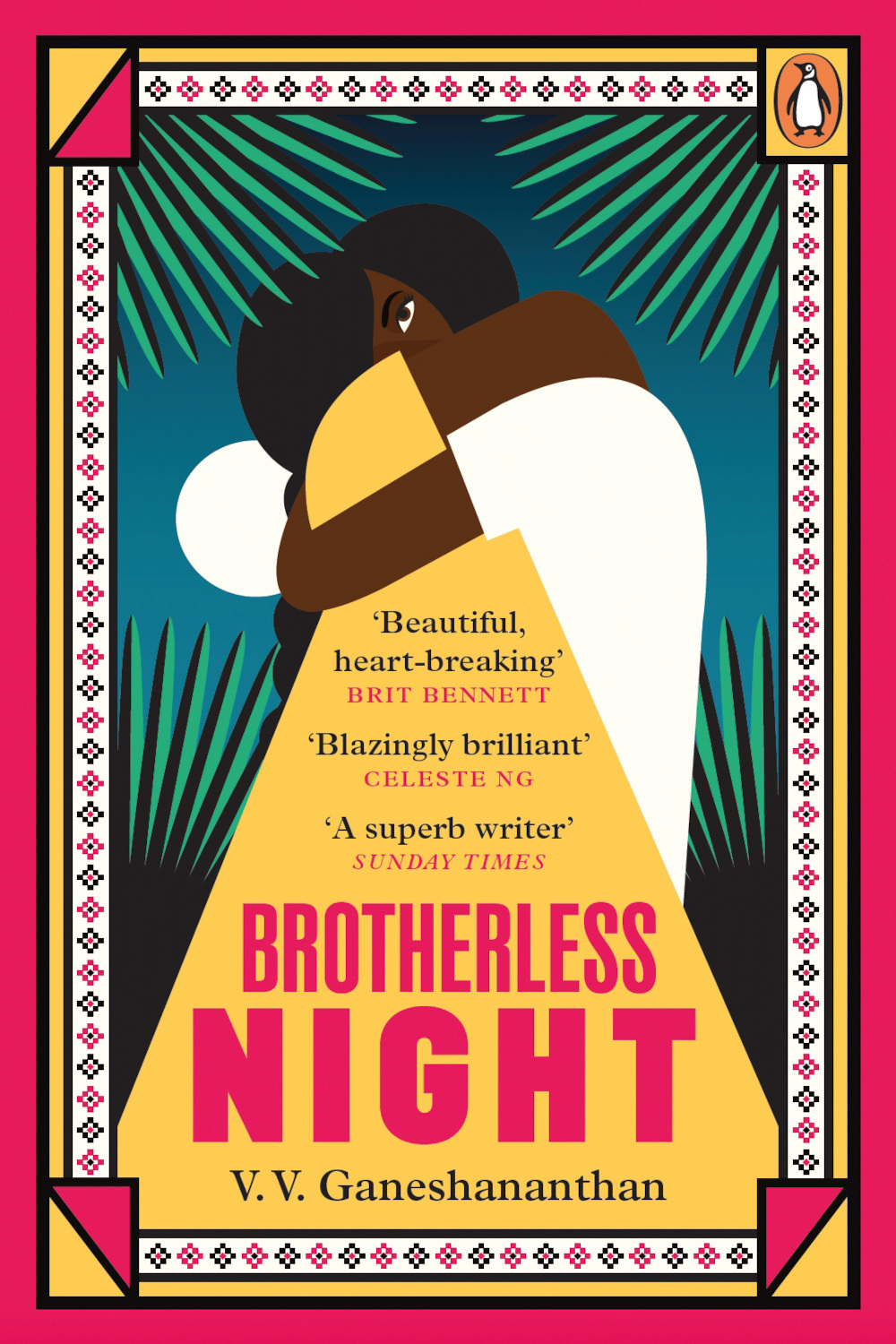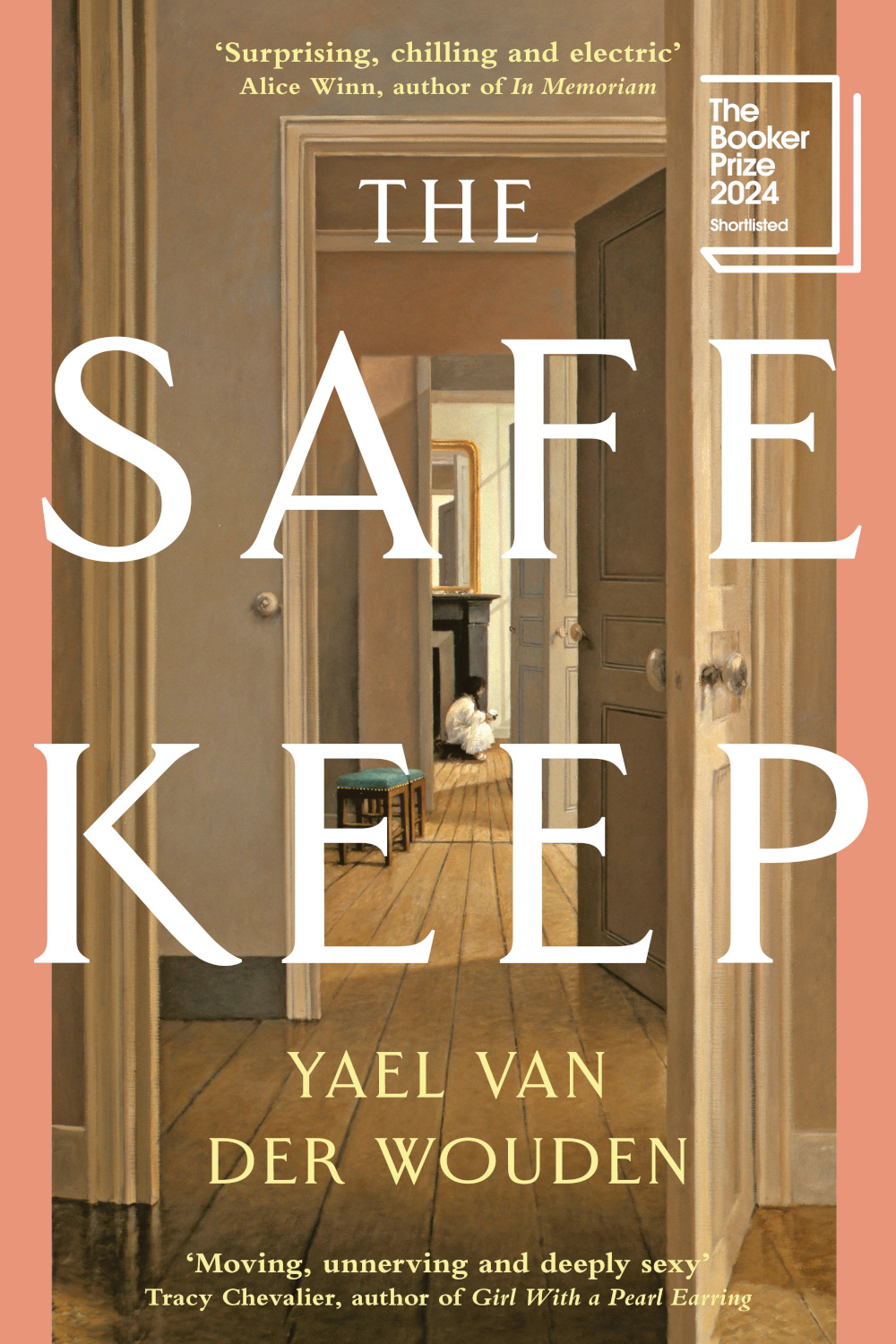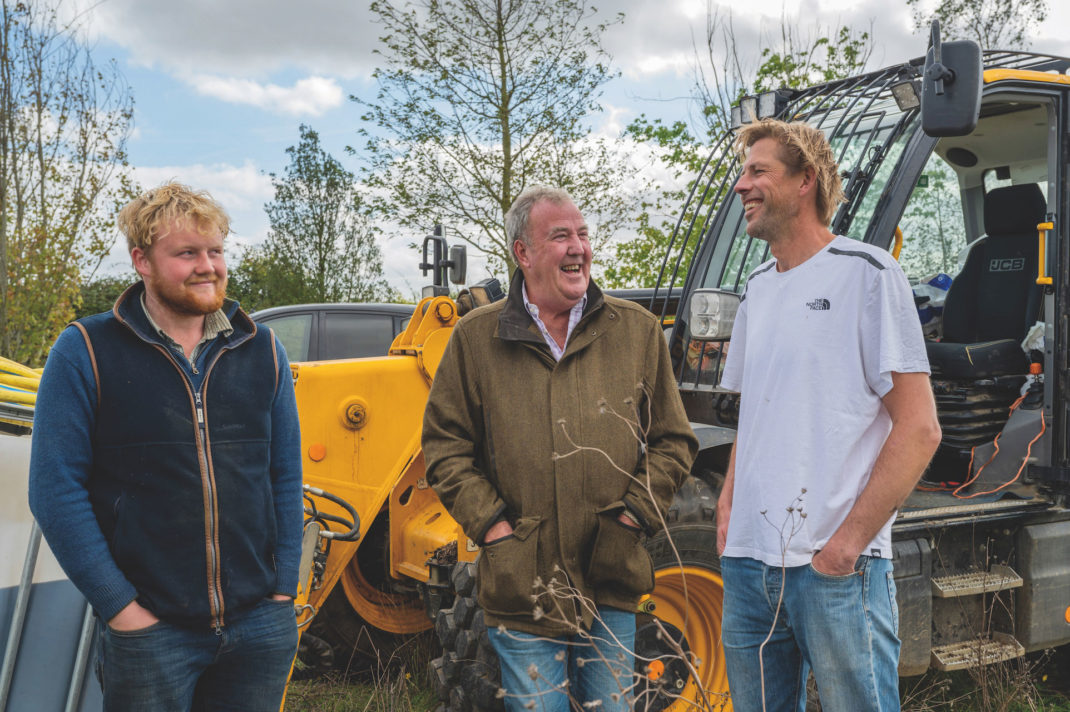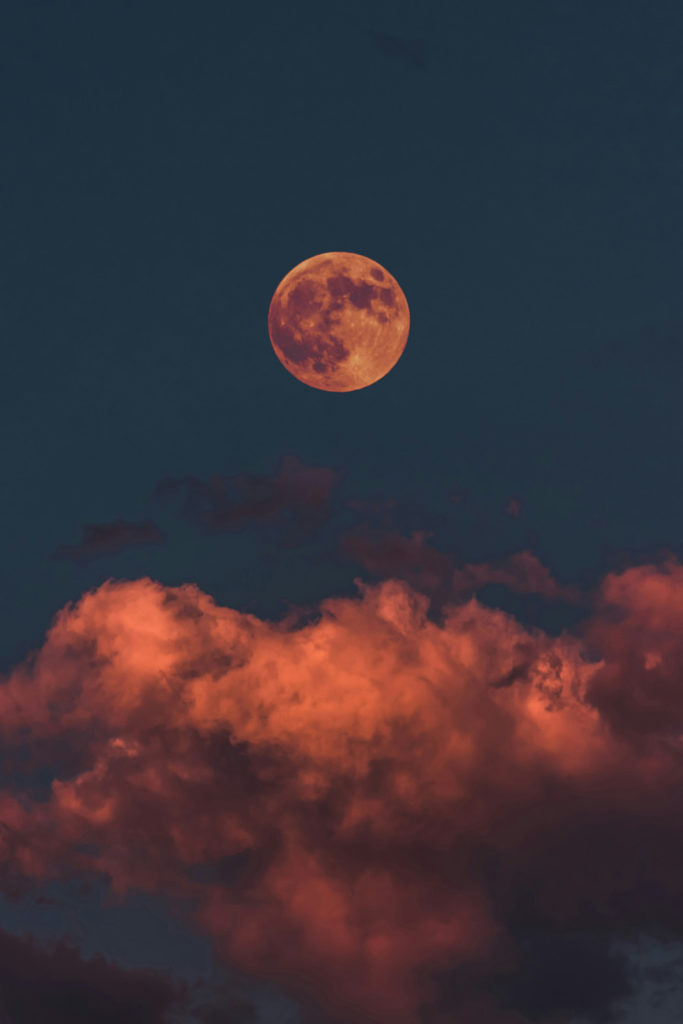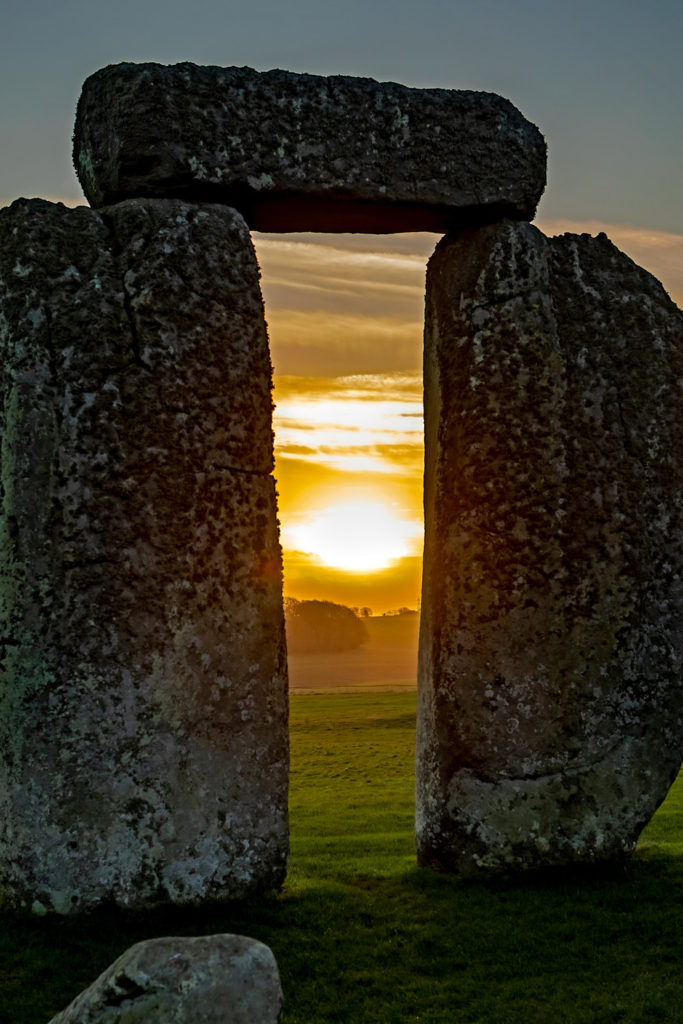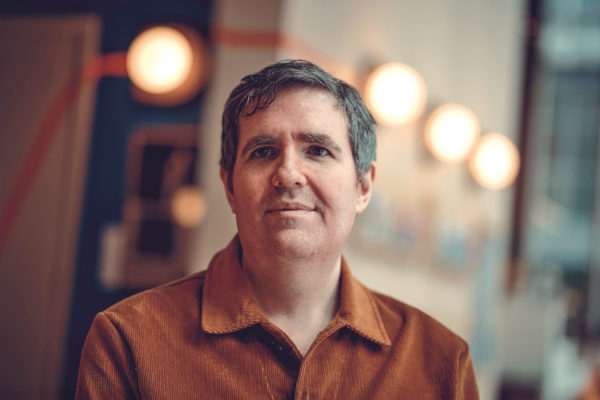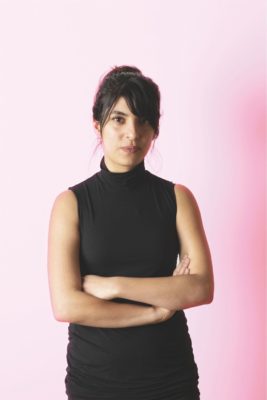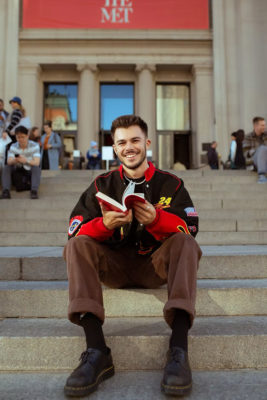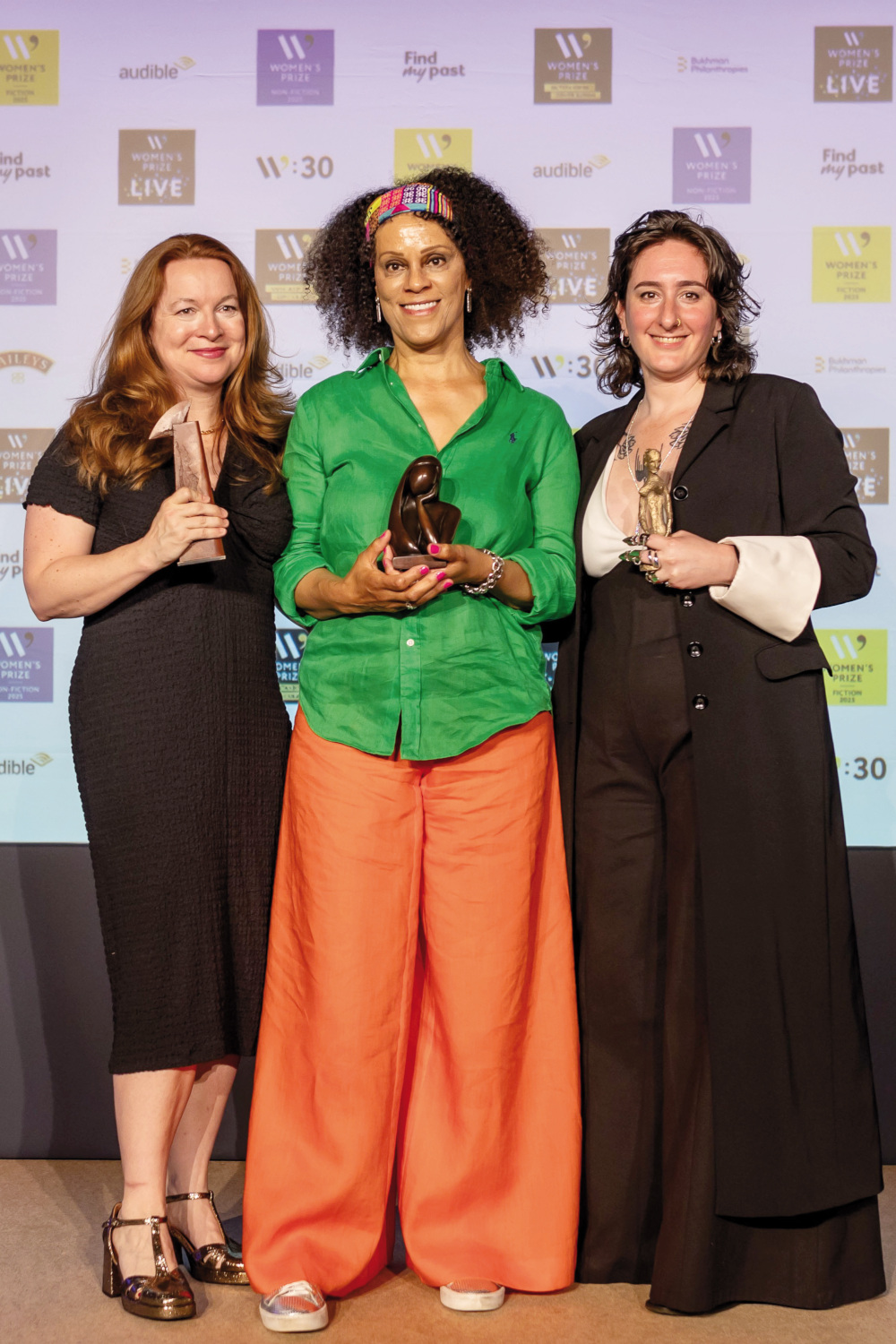
The Women’s Prize For Fiction Turns 30 – But Its Work Is Far From Finished
By
6 months ago
The Women’s Prize is celebrating 30 years of storytelling with a literary salon at Chelsea Arts Festival
As the Women’s Prize for Fiction turns 30, giving women’s writing a platform and pulling them up to achieve parity with men is more important than ever, says Charlotte Metcalf.
The Women’s Prize For Fiction Turns 30
On a golden June evening, 900 people gathered in Bedford Square to celebrate a British publishing history milestone: the 30th birthday of the Women’s Prize for Fiction, founded by author Kate Mosse to highlight original, exceptional writing by women of all backgrounds. Mosse remembers being told ‘women don’t write literature’, but today, the Women’s Prize Trust is a UK charity creating equal opportunities for women in books and hosts the world’s biggest annual celebration of women’s creativity. Mosse still serves as founder director, and was awarded a CBE in 2024 in recognition of her contributions to literature and women’s writing.
The Bedford Square party also announced the winners of the Prize for Non-Fiction (now in its third year) and, as it was a big birthday, Bernardine Evaristo received a one-off Outstanding Contribution Award, recognising her transformative impact on literature.
When Dr Rachel Clarke was announced as winner of the Non-Fiction Prize for The Story of a Heart, she half-danced, half-ran onto the stage. Her book, which she’s adapting for television, is her account of a nine-year-old girl donating her heart to save the life of a boy the same age. ‘That story could have died and disappeared, but now the two families are thrilled and proud that their story can make a difference,’ Clarke tells me. ‘I don’t think a male doctor would have taken the same in-depth, emotional approach as I did. Women bring a particular perspective to storytelling. I care passionately about women’s voices being heard, valued, respected and amplified the way men’s are, so winning this prize is a dream. I don’t want my 14-year-old growing up in a world where her voice might be trampled on or diminished.’
The Fiction Prize was awarded to Dutch-Israeli teaching professor Yael van der Wouden, for her debut novel The Safekeep. ‘Last night felt unreal because I was just a professor of comparative literature at Maastricht University until about three seconds ago,’ she tells me the next day. ‘Whenever someone asked me how I saw my future, I’d always say, “writing”, and I’d see their look of concern. Winning this prize means I might be able to write full-time.’
‘Women aren’t just writing for women, but storytelling for all,’ says chair of the Women’s Prize Trust, Anna Rafferty. ‘What do we all want from fiction? To explore the world through somebody else’s eyes and to understand something we hadn’t before. Yet, while women read a balanced diet of writers, just 20 percent of men read top women authors. It’s important men spend time in women’s heads.’
Rafferty says there has been an ‘unconscious but systematic’ failure in the publishing industry, giving women just 30 percent of the pie. She commissioned consumer research company Nielsen to investigate, with a focus on non-fiction. ‘Though men and women write about the same amount, women’s books are far less likely to be given an advertising budget, be sent out for review or submitted for prizes,’ she says of Nielsen’s findings. ‘The gender pay gap is 36 percent and growing. What the Women’s Prize is doing is shining a light on women’s talent and thought leadership to redress this balance.’
Beyond the big prizes, the trust is justifiably proud of its Discoveries programme – a grassroots initiative launched five years ago for women who would like to write a book, but have no idea how to start. It provides practical, free online resources and has an outreach programme to prisons, refuges, hospitals, and communities in which women have less access. ‘Women can feel intimidated by the whole procedure, so we take away every barrier and demystify the process,’ Rafferty explains. Over the last five years, the Discoveries programme has received over 15,000 submissions, with thousands more accessing the free materials. ‘We’re discovering and mentoring new talent,’ Rafferty continues, adding that the programme includes a financial award of £5,000. ‘Our sponsors [Bailey’s and Audible sponsor the Fiction Prize, and Findmypast the Non-Fiction Prize] are leaning down and pulling women up, which feels joyful,’ says Rafferty, ‘as we’re all about throwing down ladders so women can climb up behind you.’
The Women’s Prize is celebrating its birthday further with a literary salon at Chelsea Arts Festival, in partnership with The White Company, which is also celebrating its 30-year anniversary. Mosse is hosting, and extraordinary women including Sheila Hancock and Sheila Atim, will be taking to the stage to read some of the most compelling women’s writing.
‘If men can’t see the world through women’s eyes by reading their stories, we all miss out on men being able to build empathy,’ Rafferty concludes. ‘Building empathy and understanding sounds a high concept, but why not build a better world and a stronger society by understanding one another and connecting?’ Why not, indeed.
The 30 Books That Won The Women's Prize For Fiction
Thirty books have won the Women’s Prize for Fiction since it was founded by Kate Mosse in 1996, including this year’s winner The Safekeep.
The Women’s Prize At Chelsea Arts Festival
Women’s Words: From Page to Stage, A 30 Year Celebration of the Women’s Prize For Fiction is at Chelsea Arts Festival on 21 September, in partnership with The White Company.


